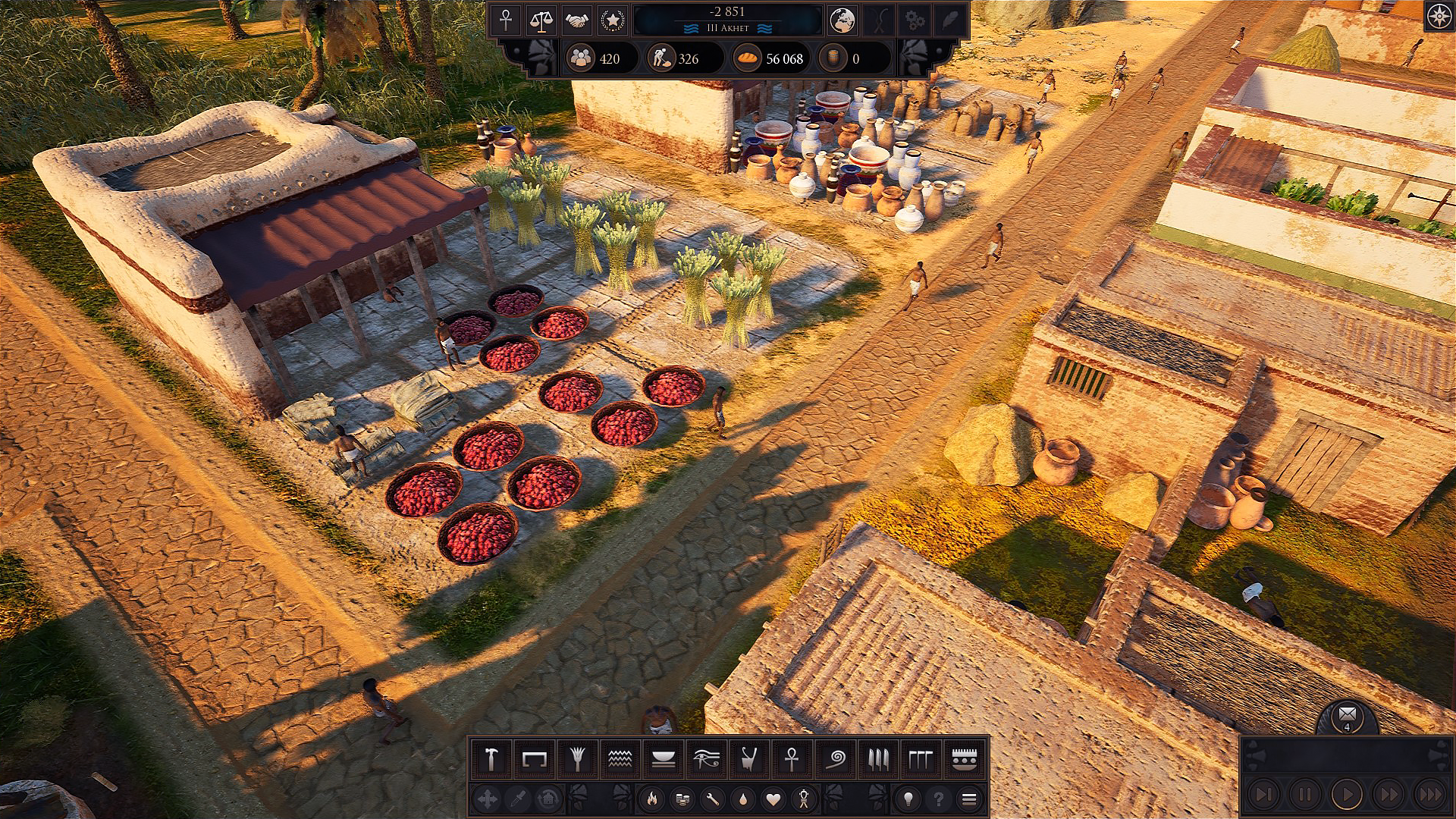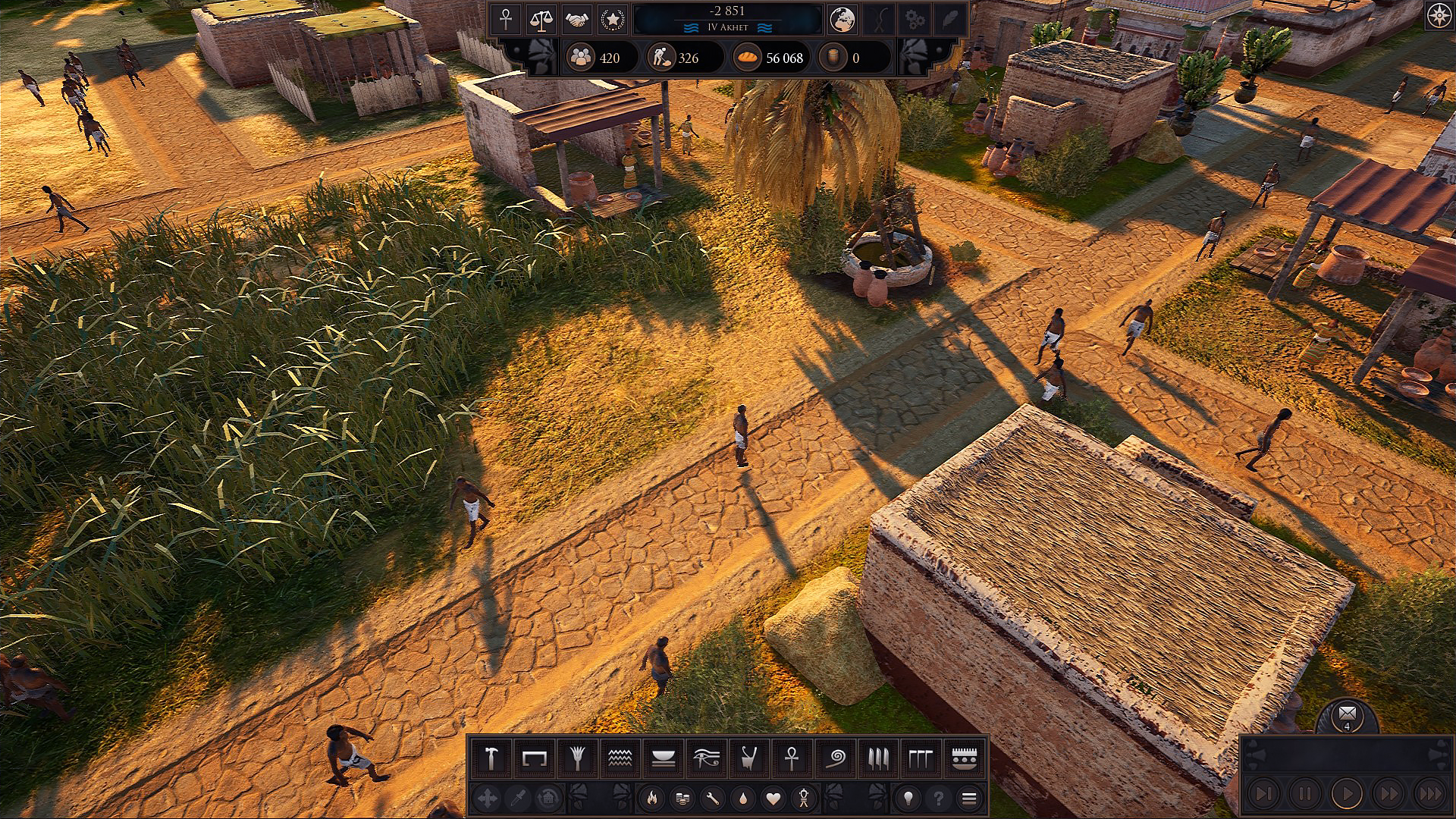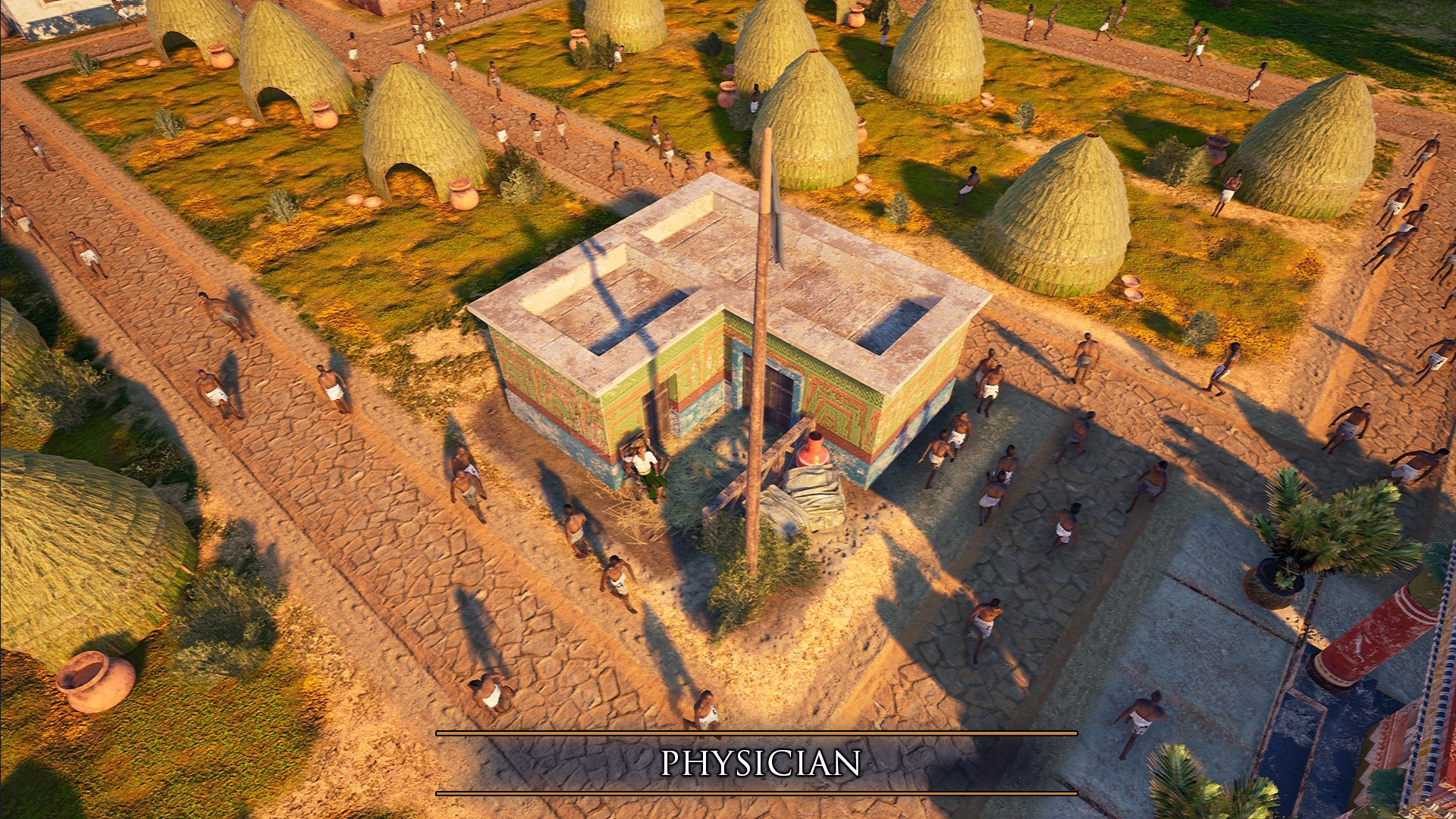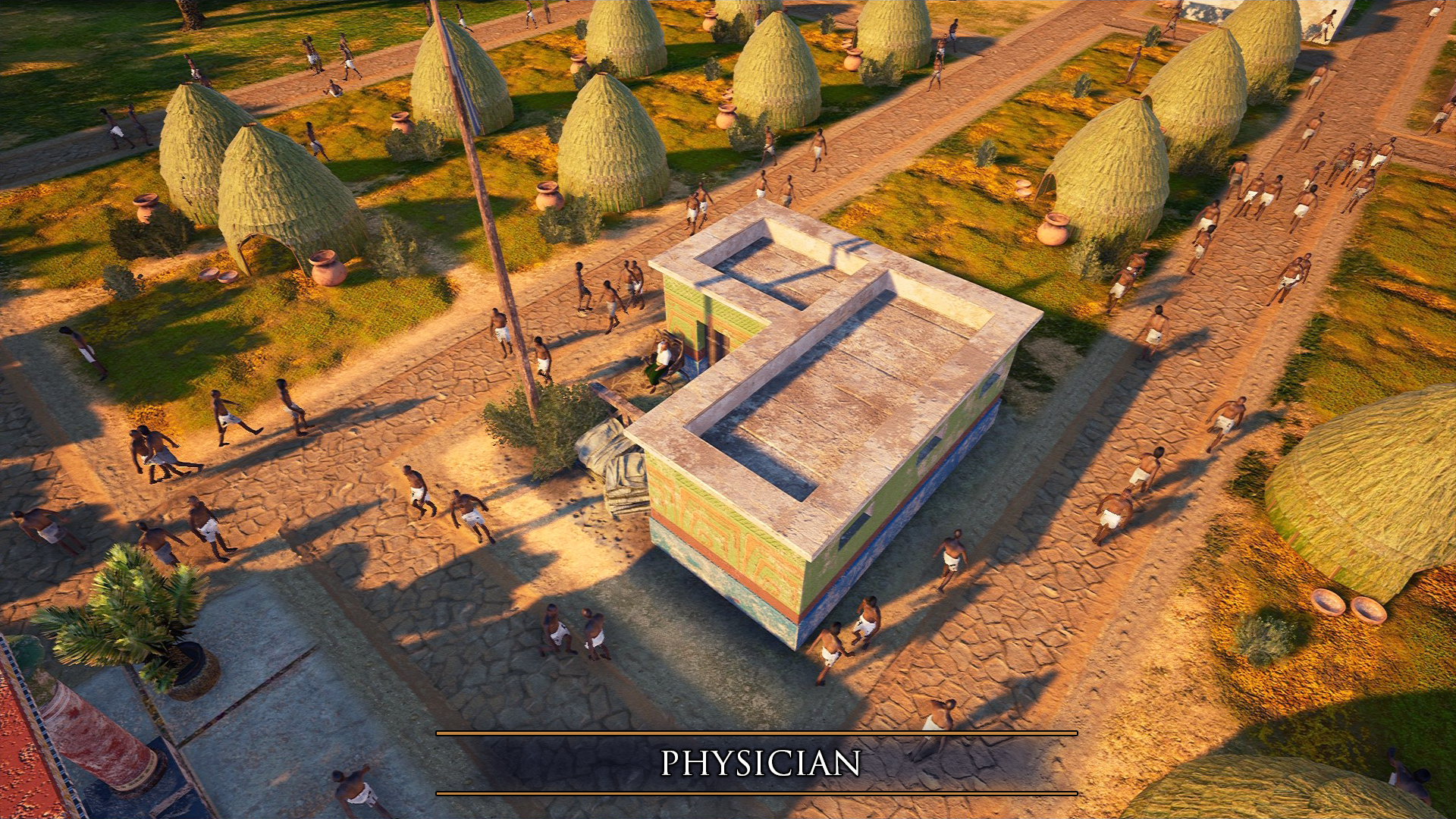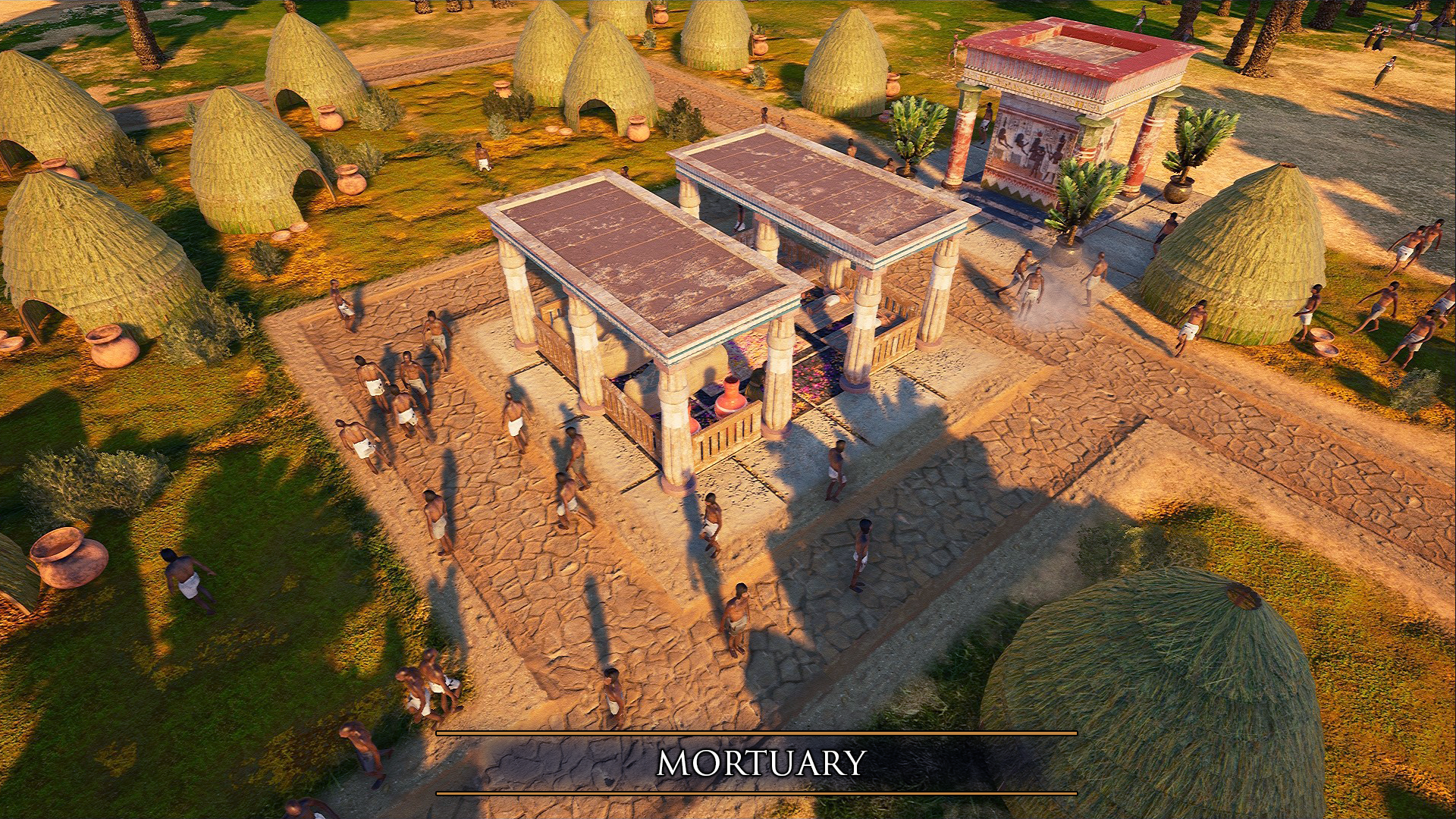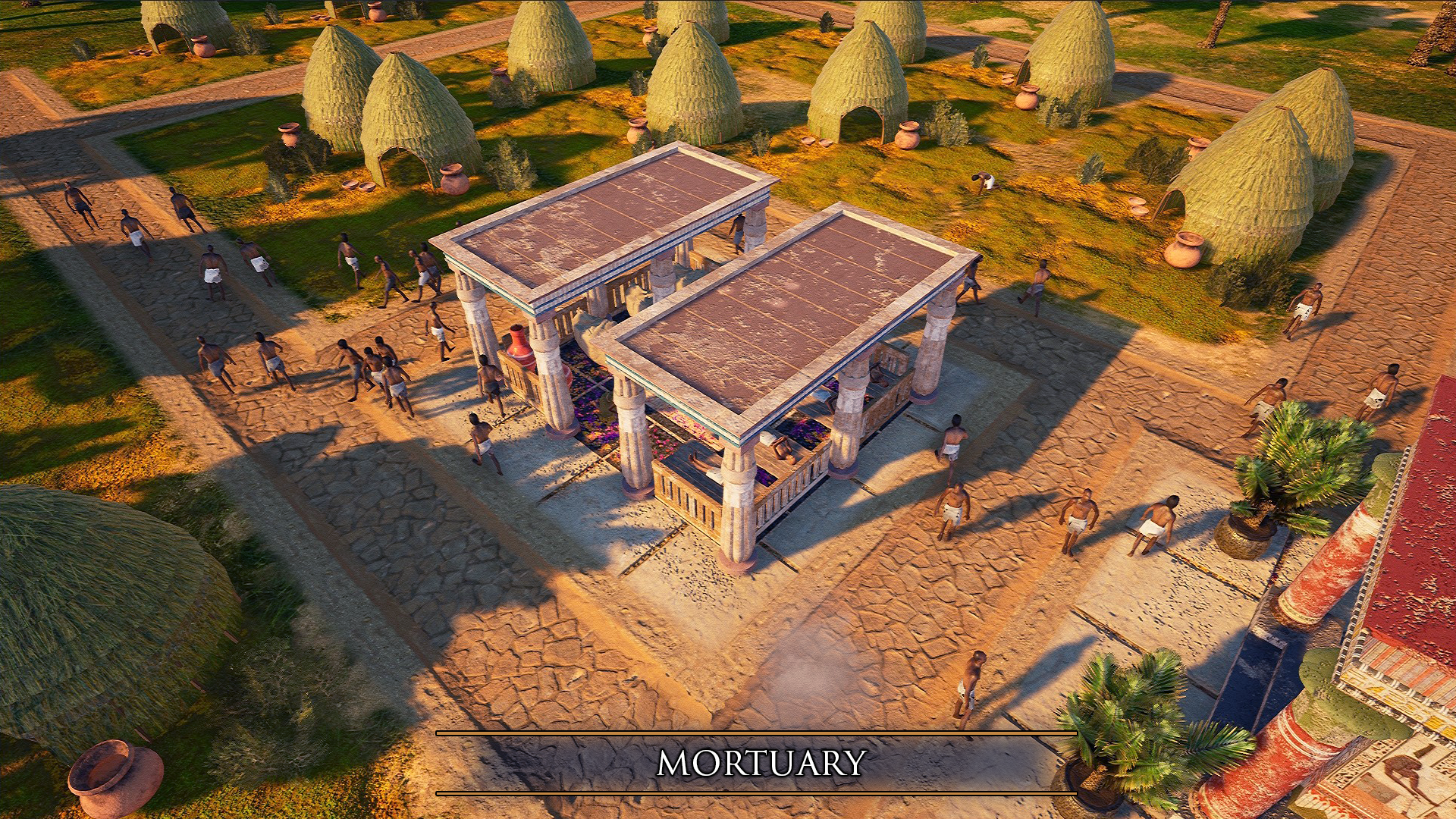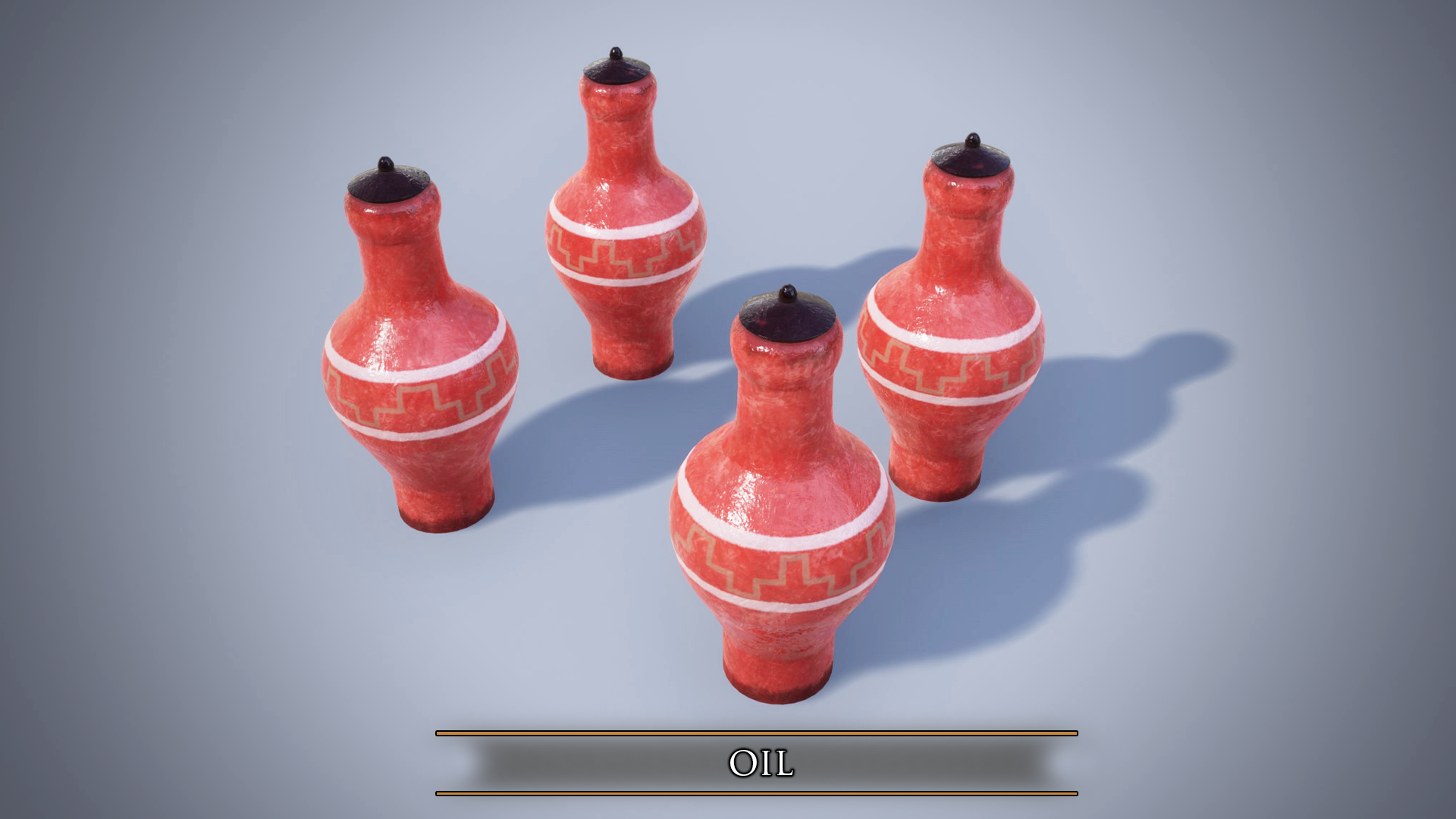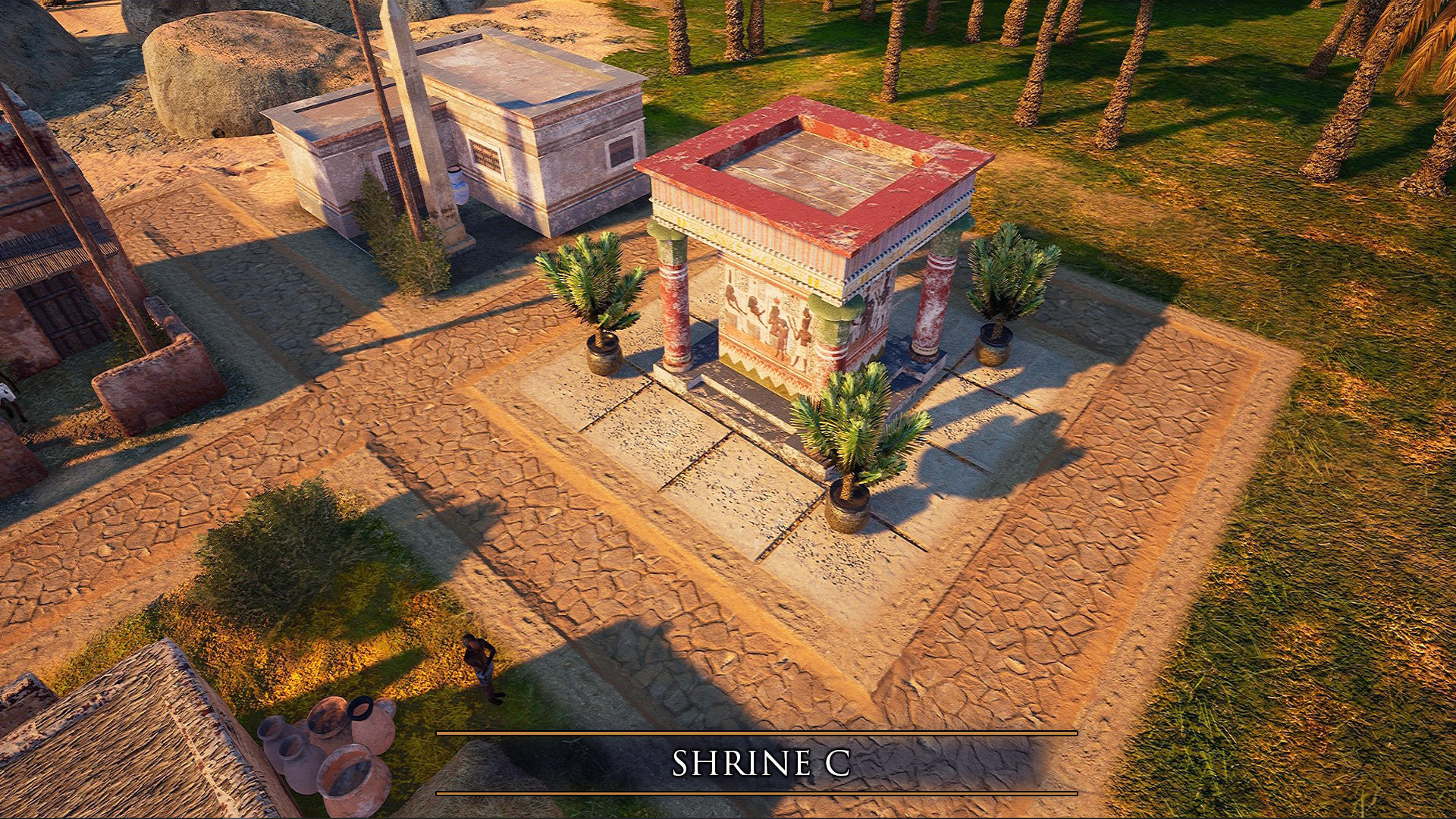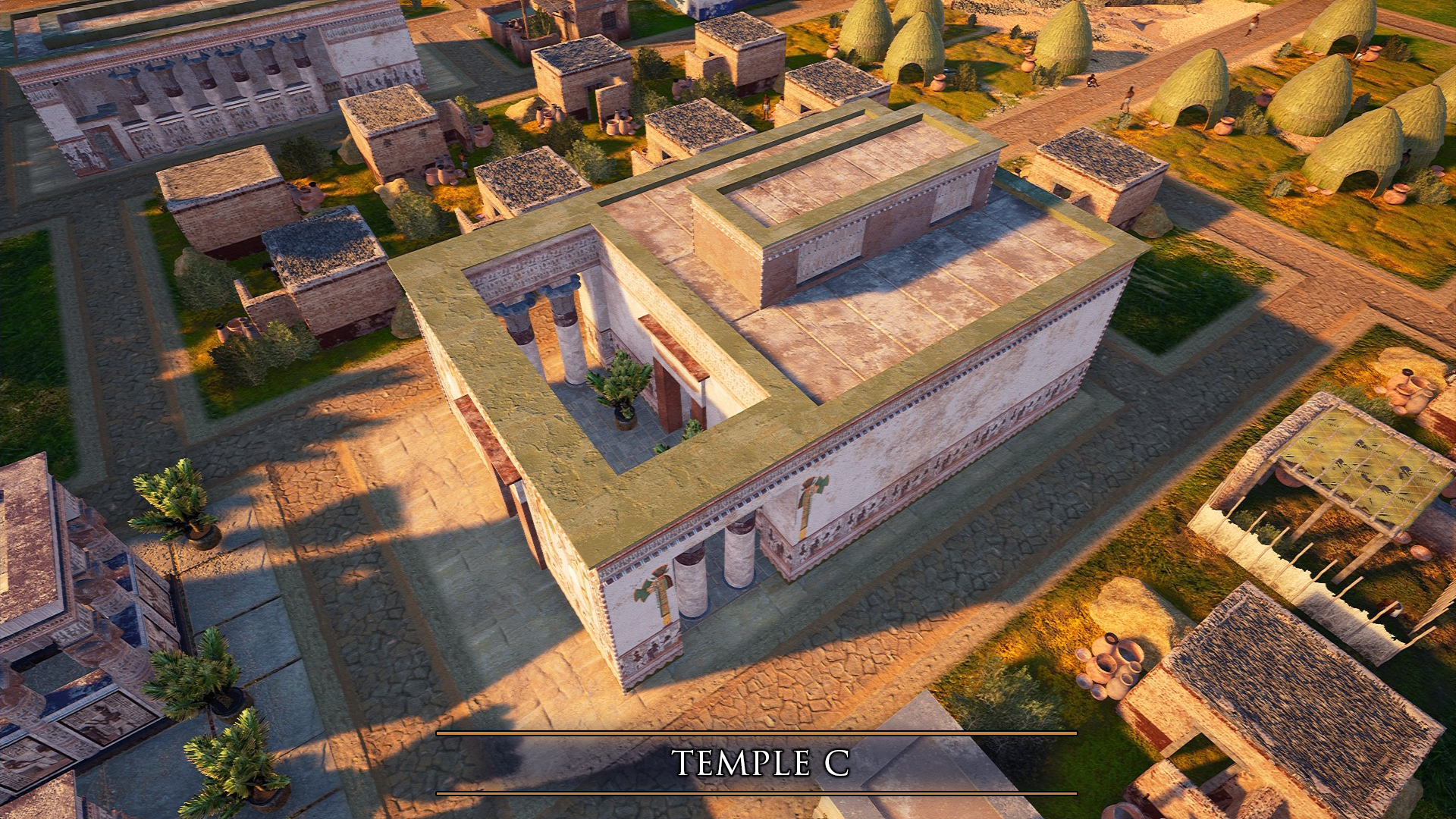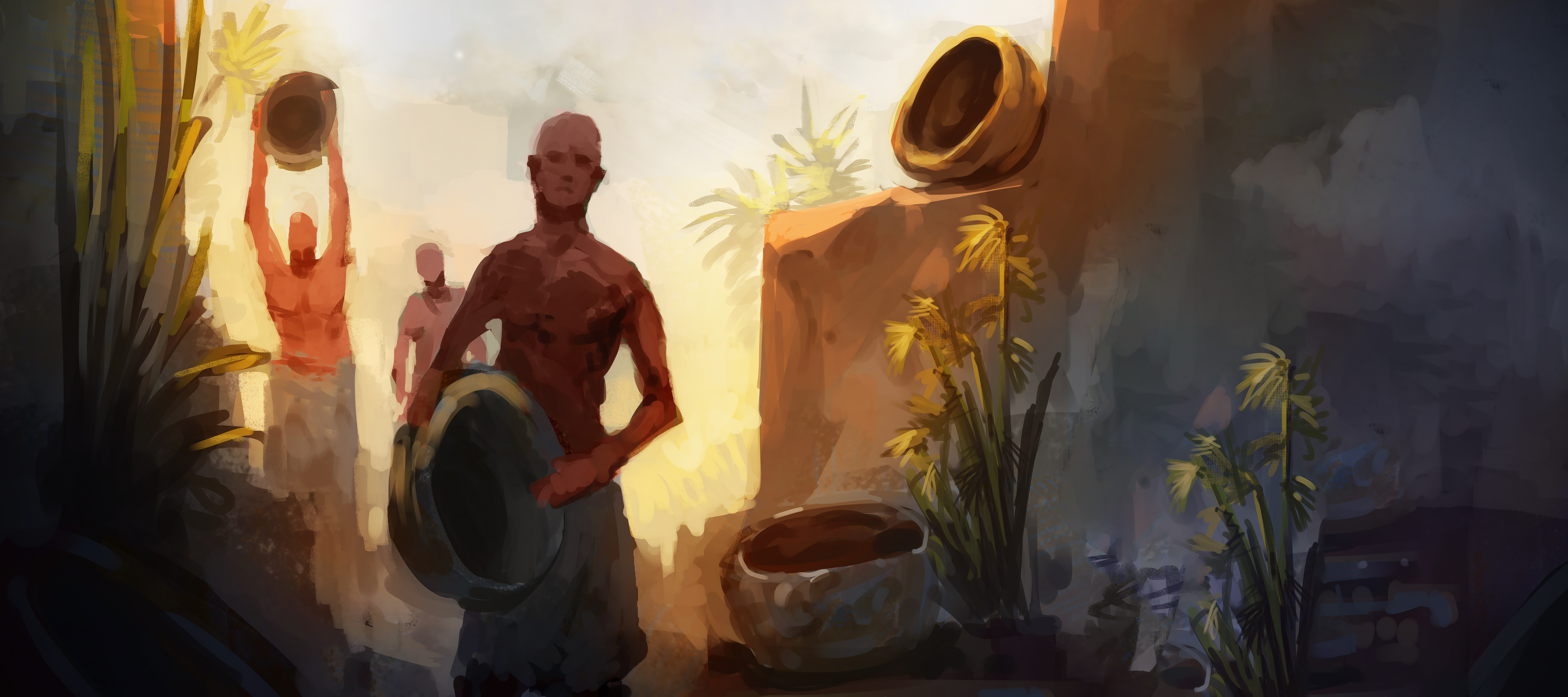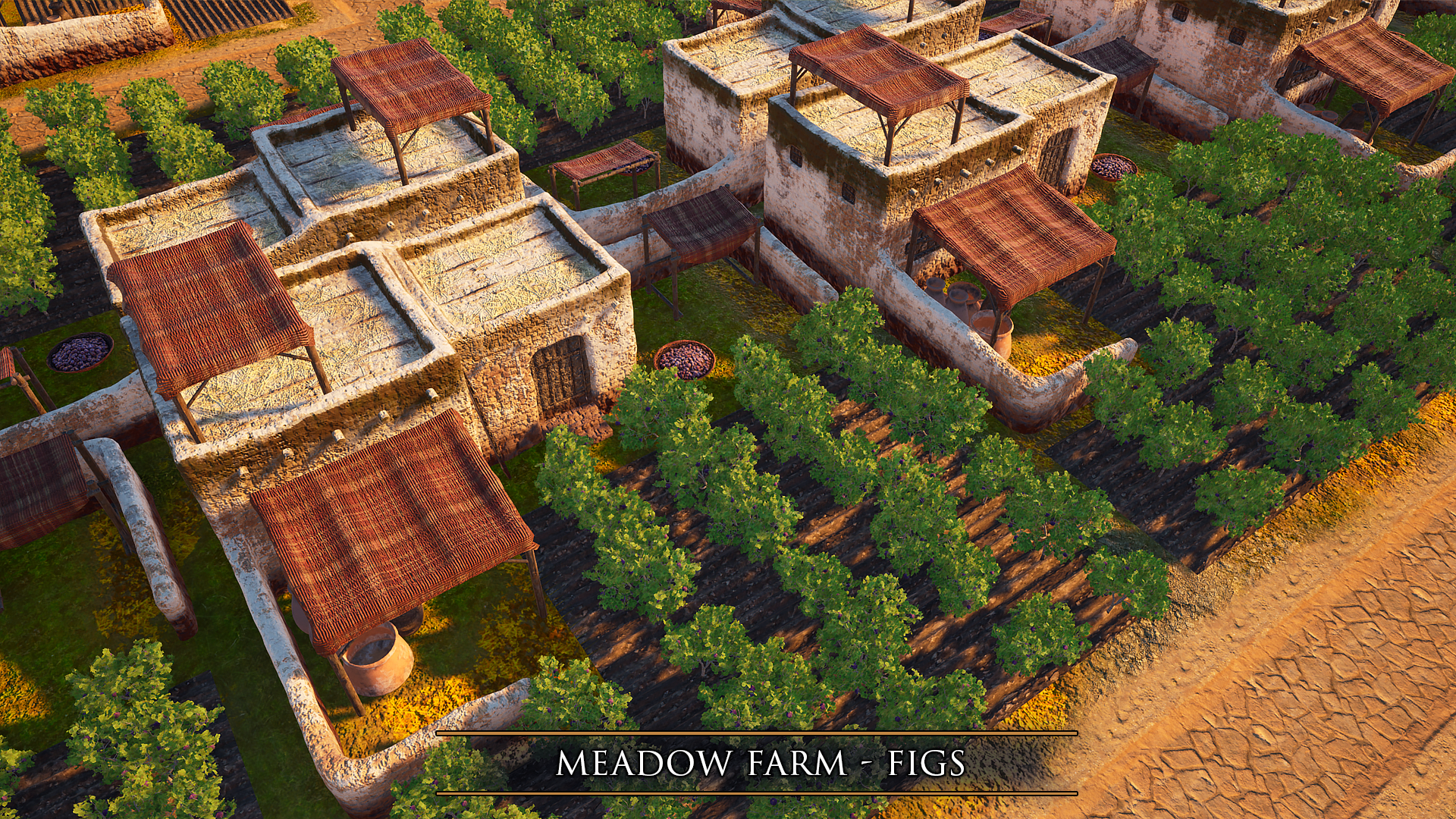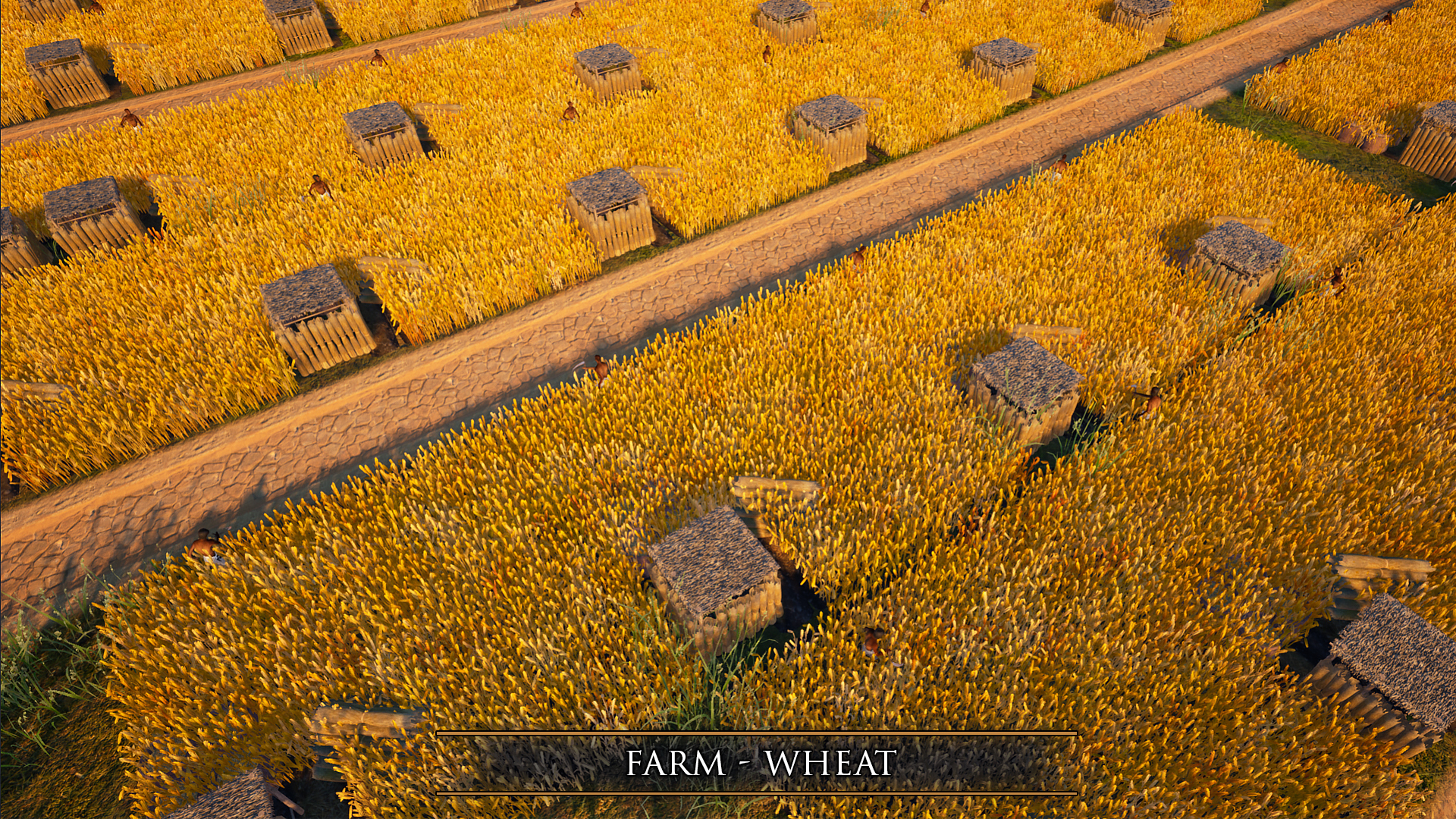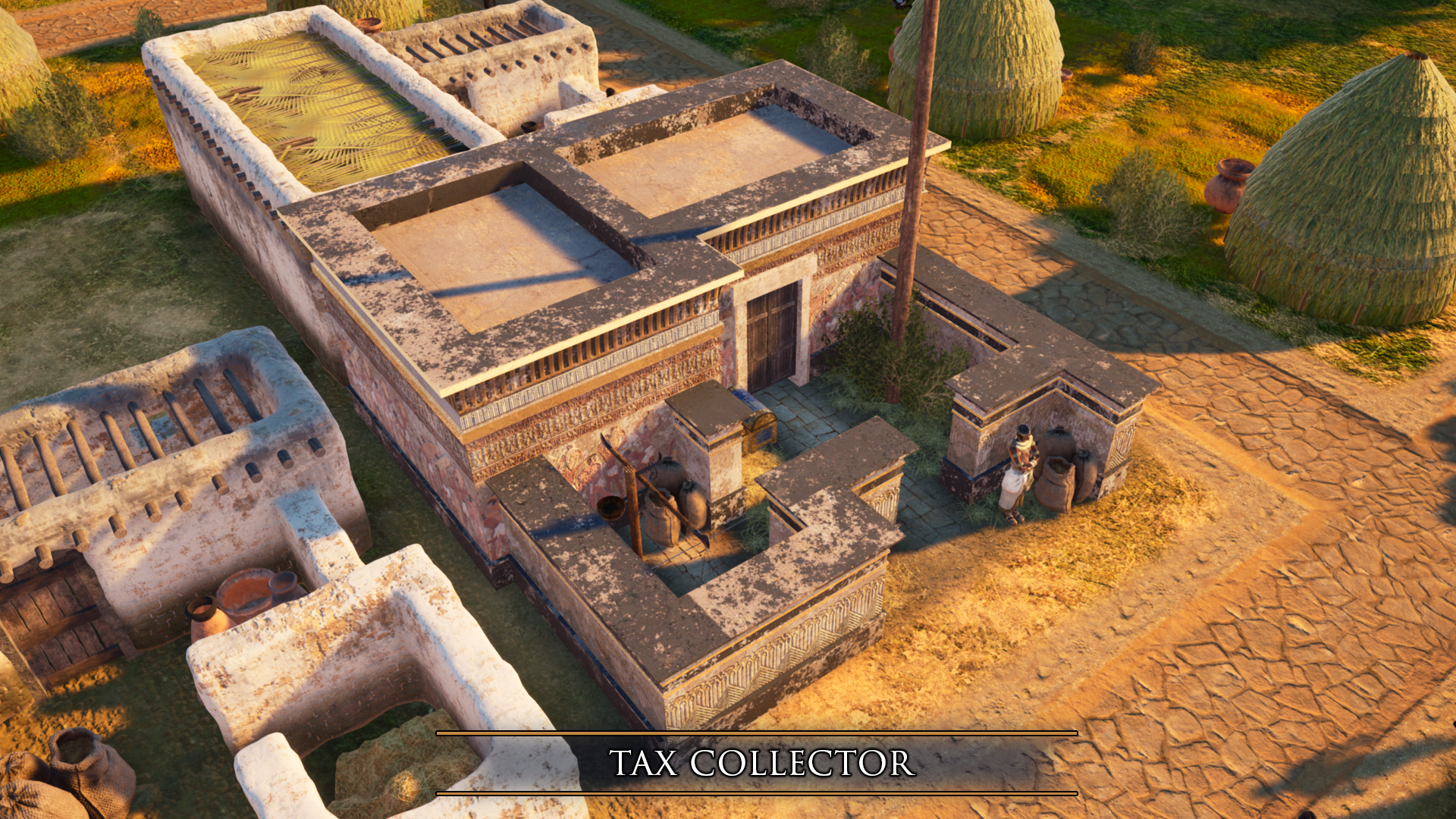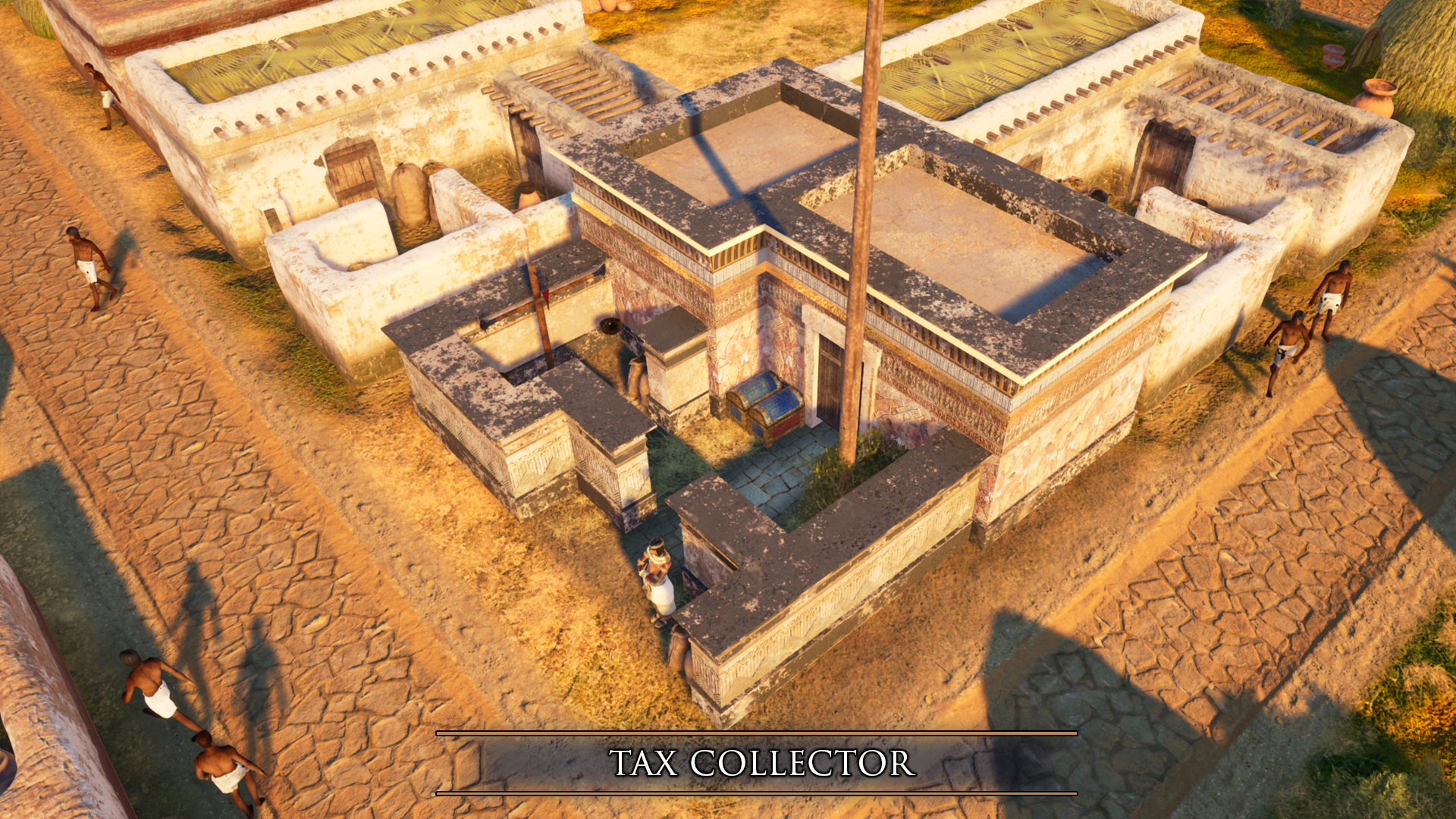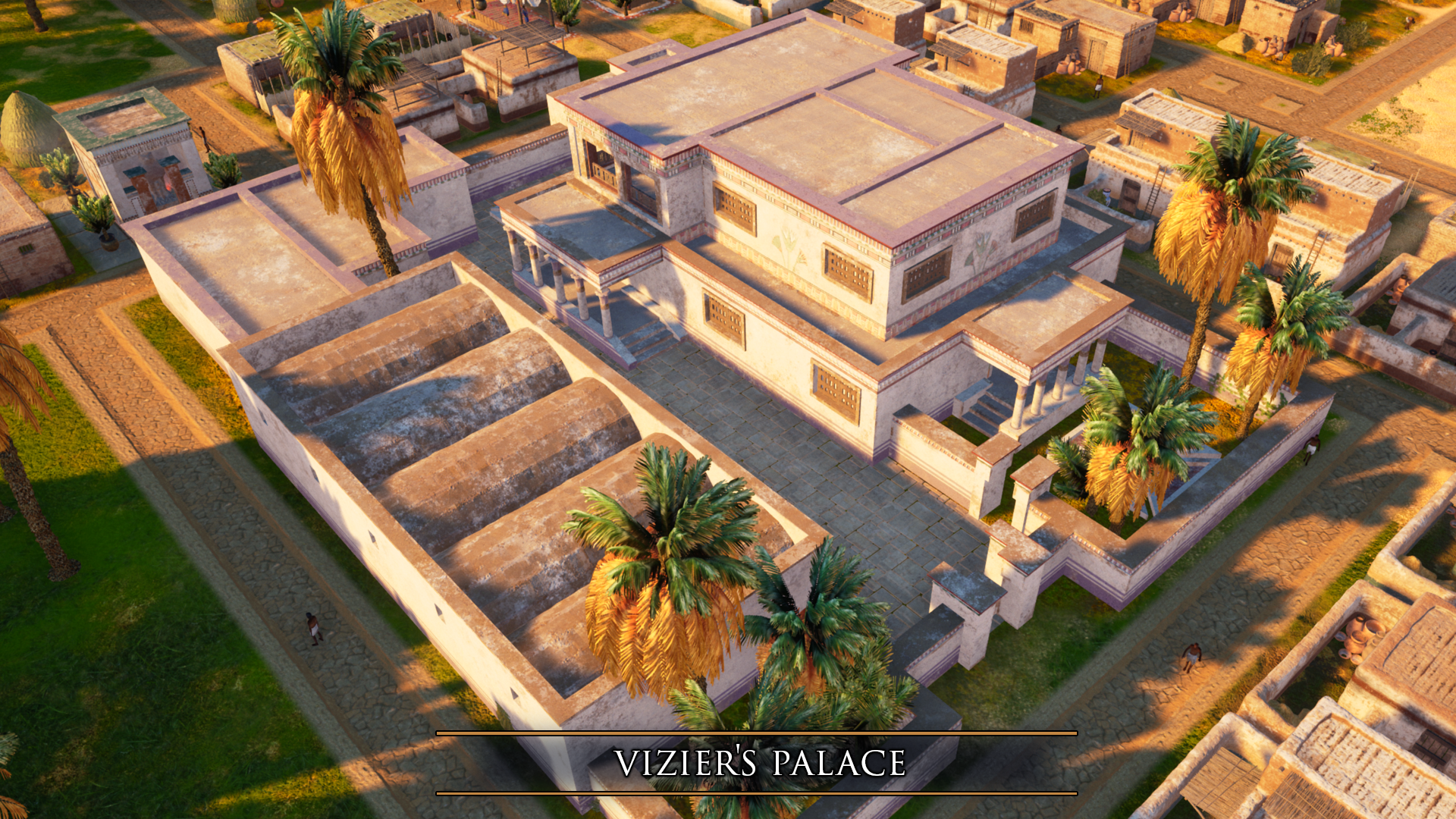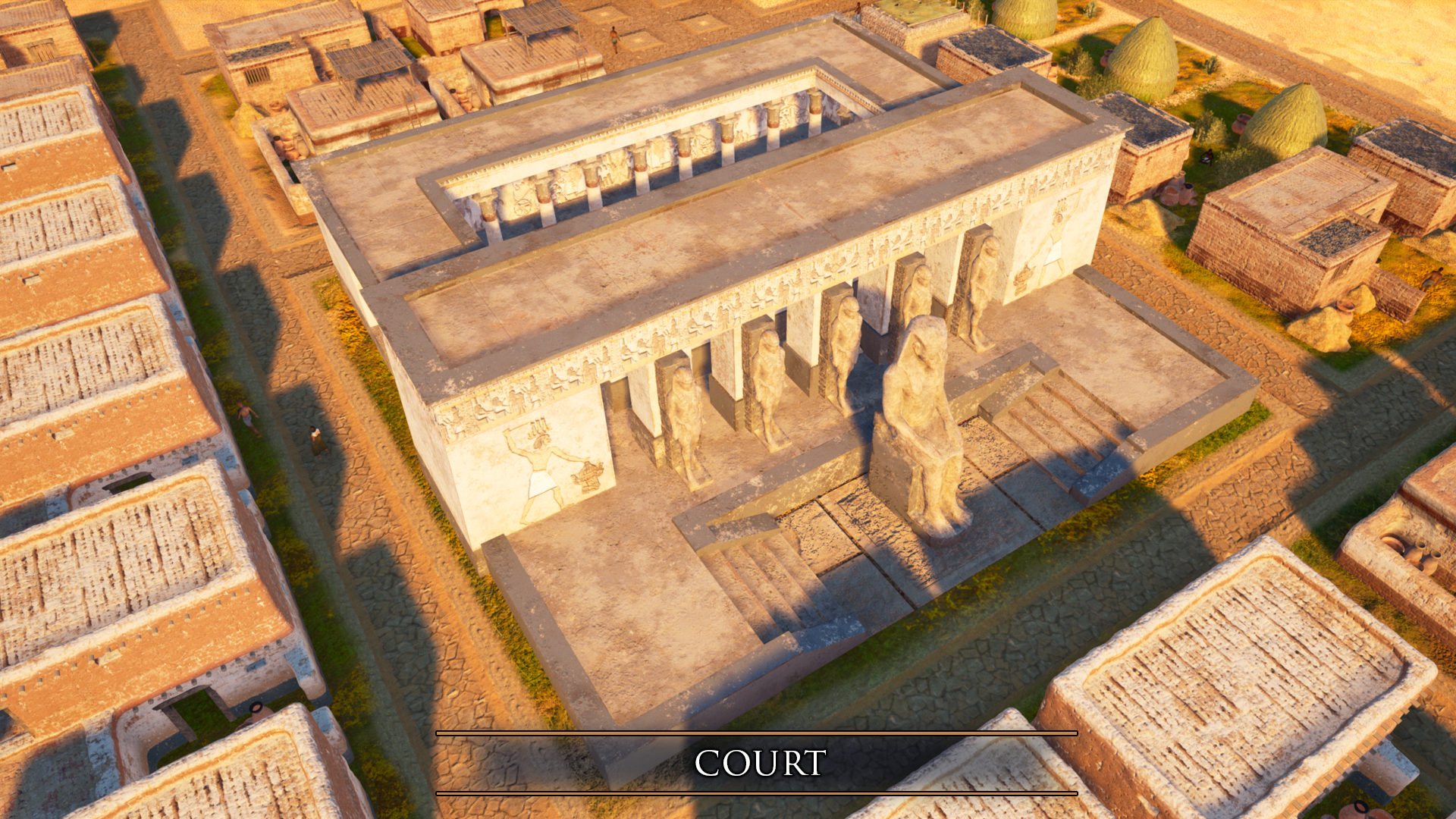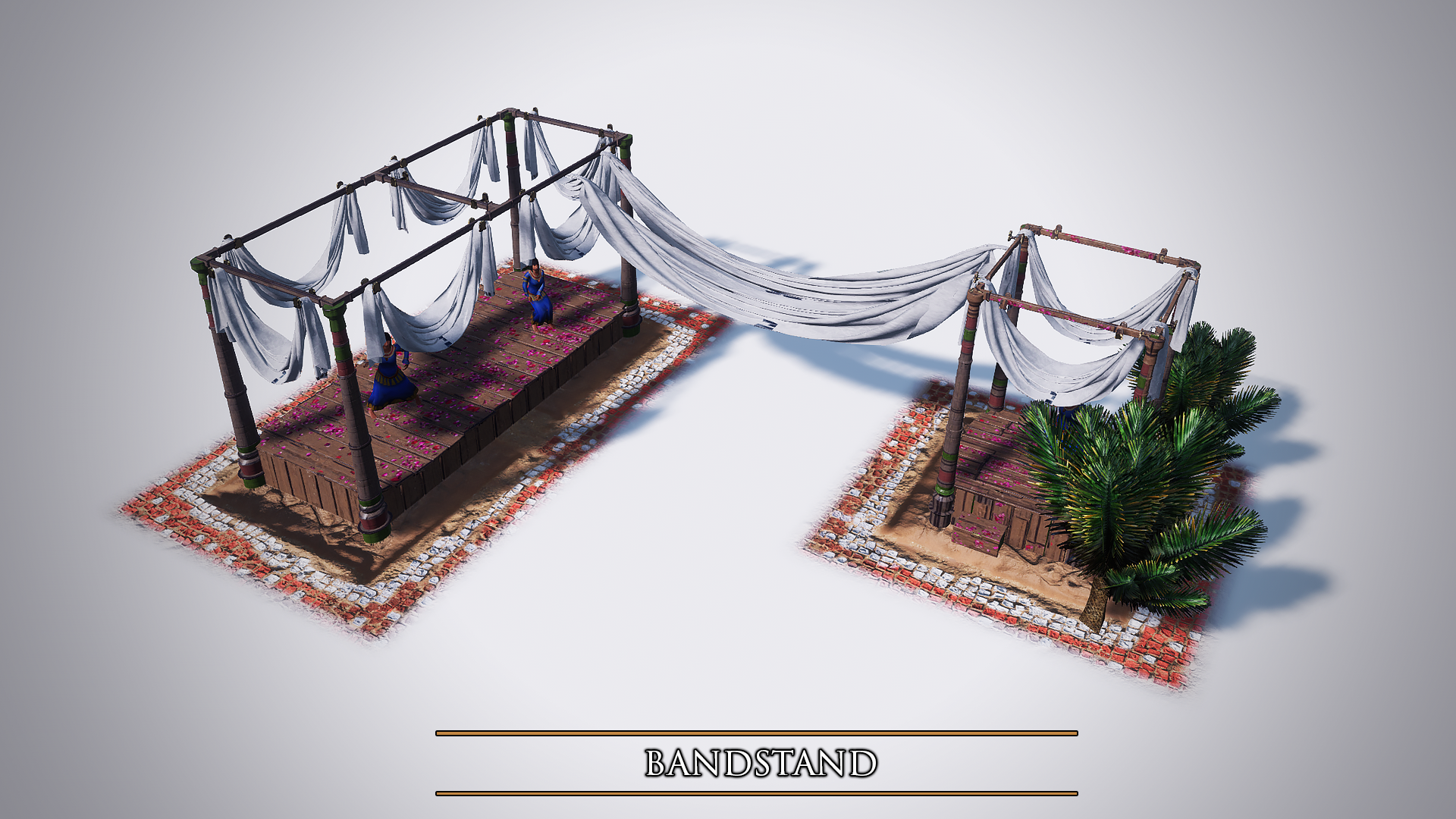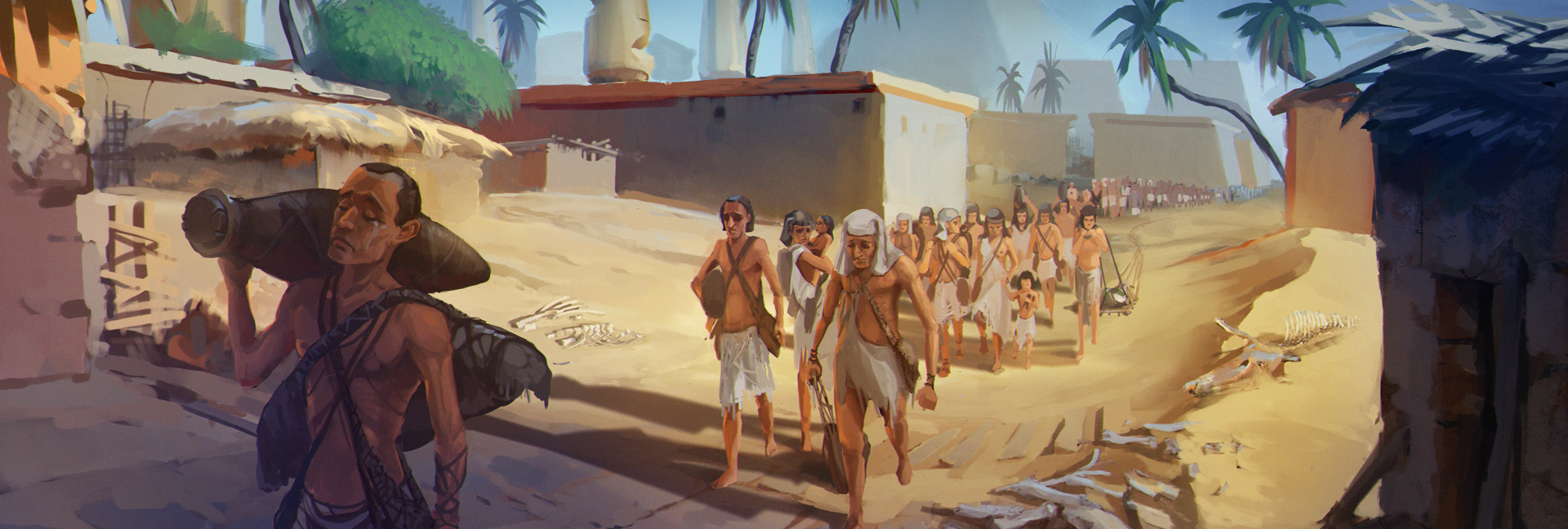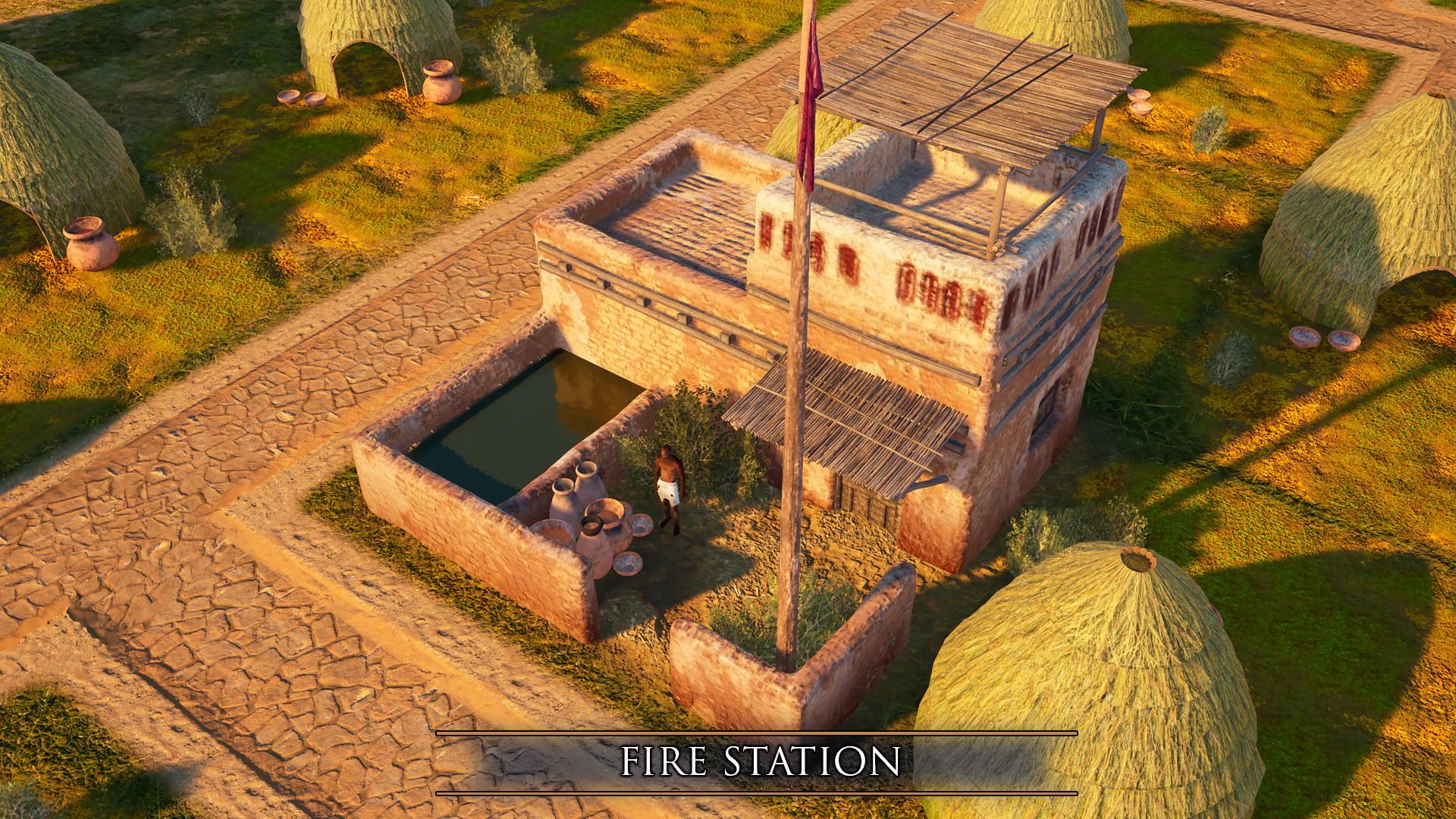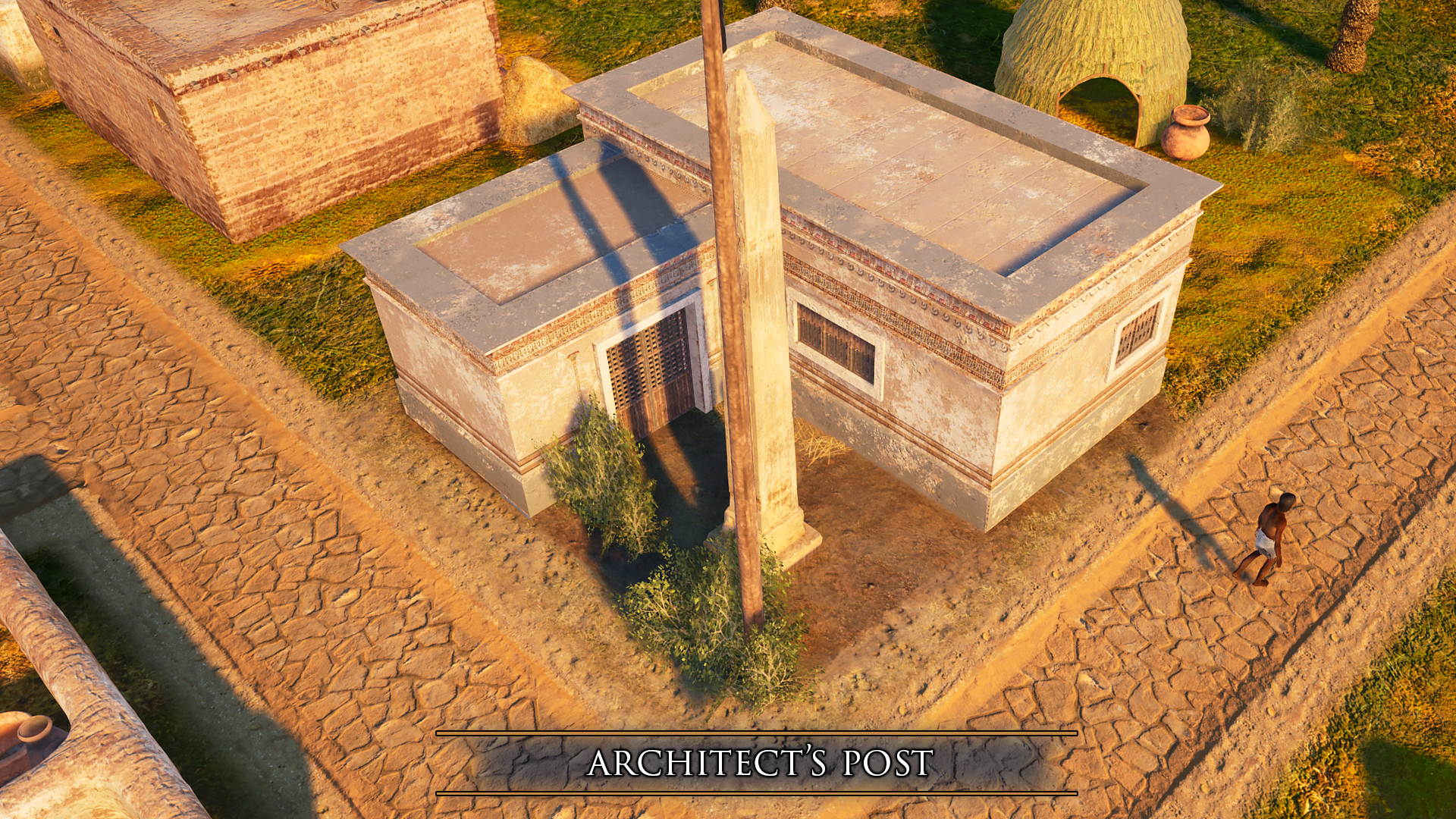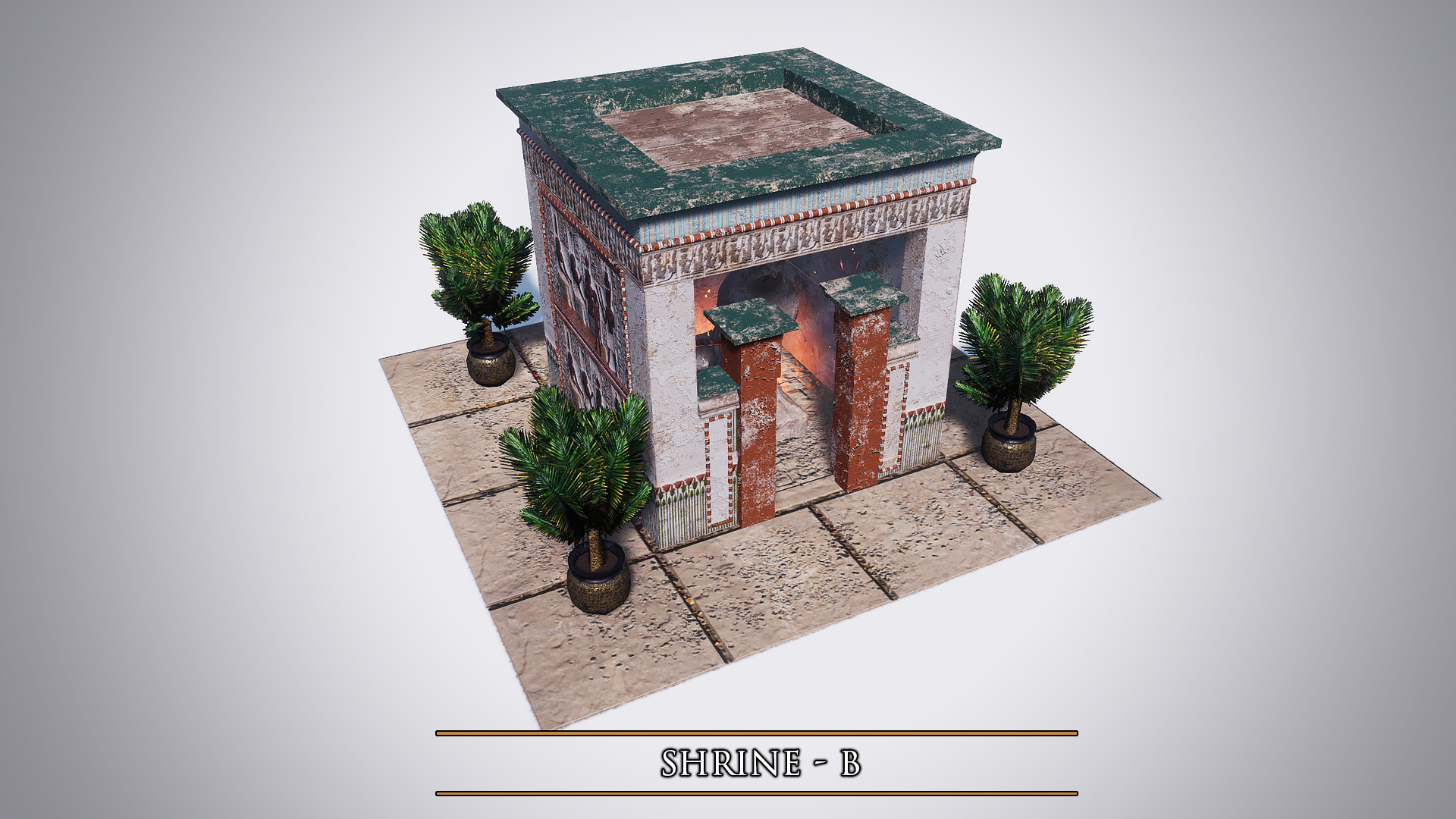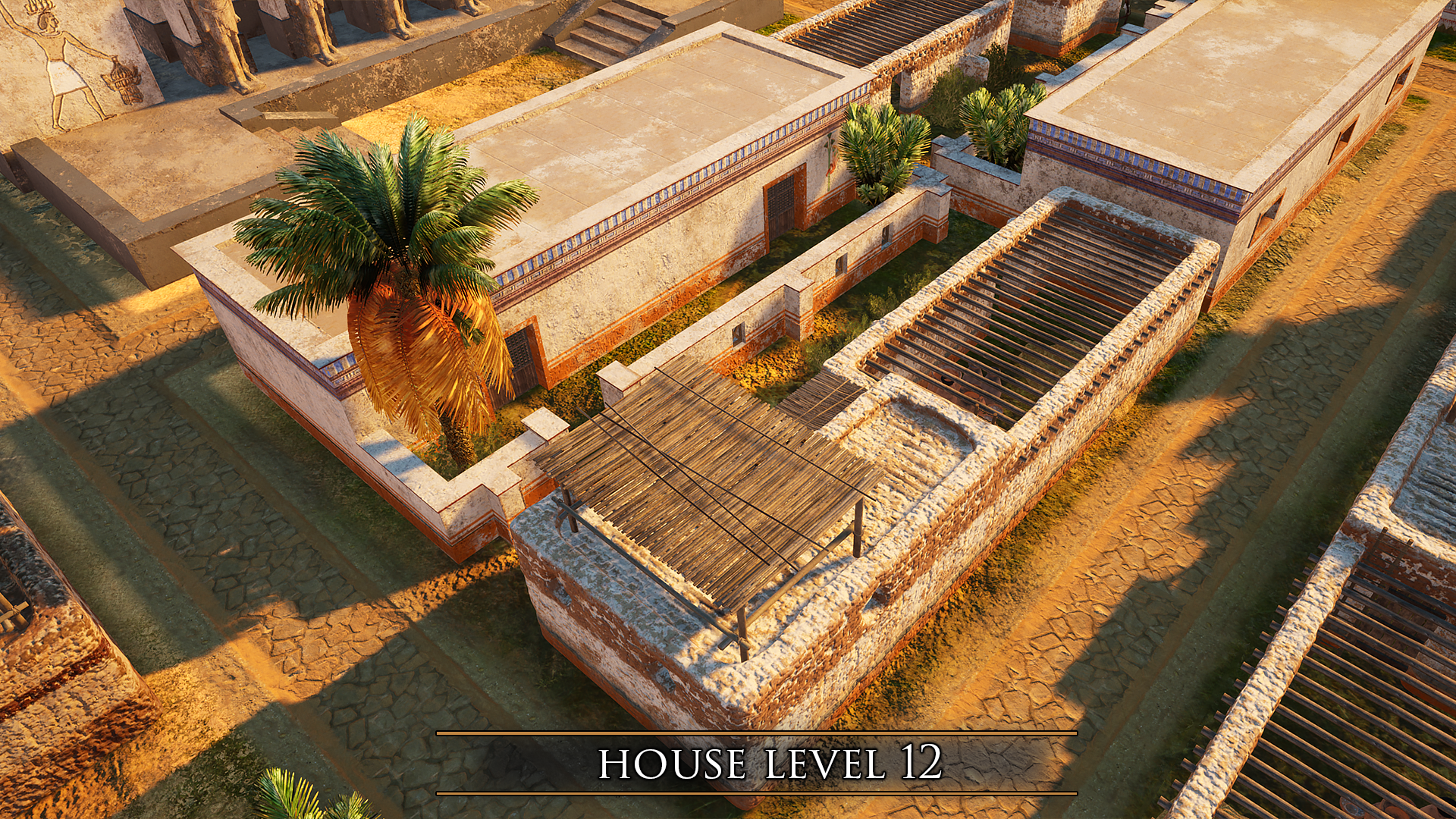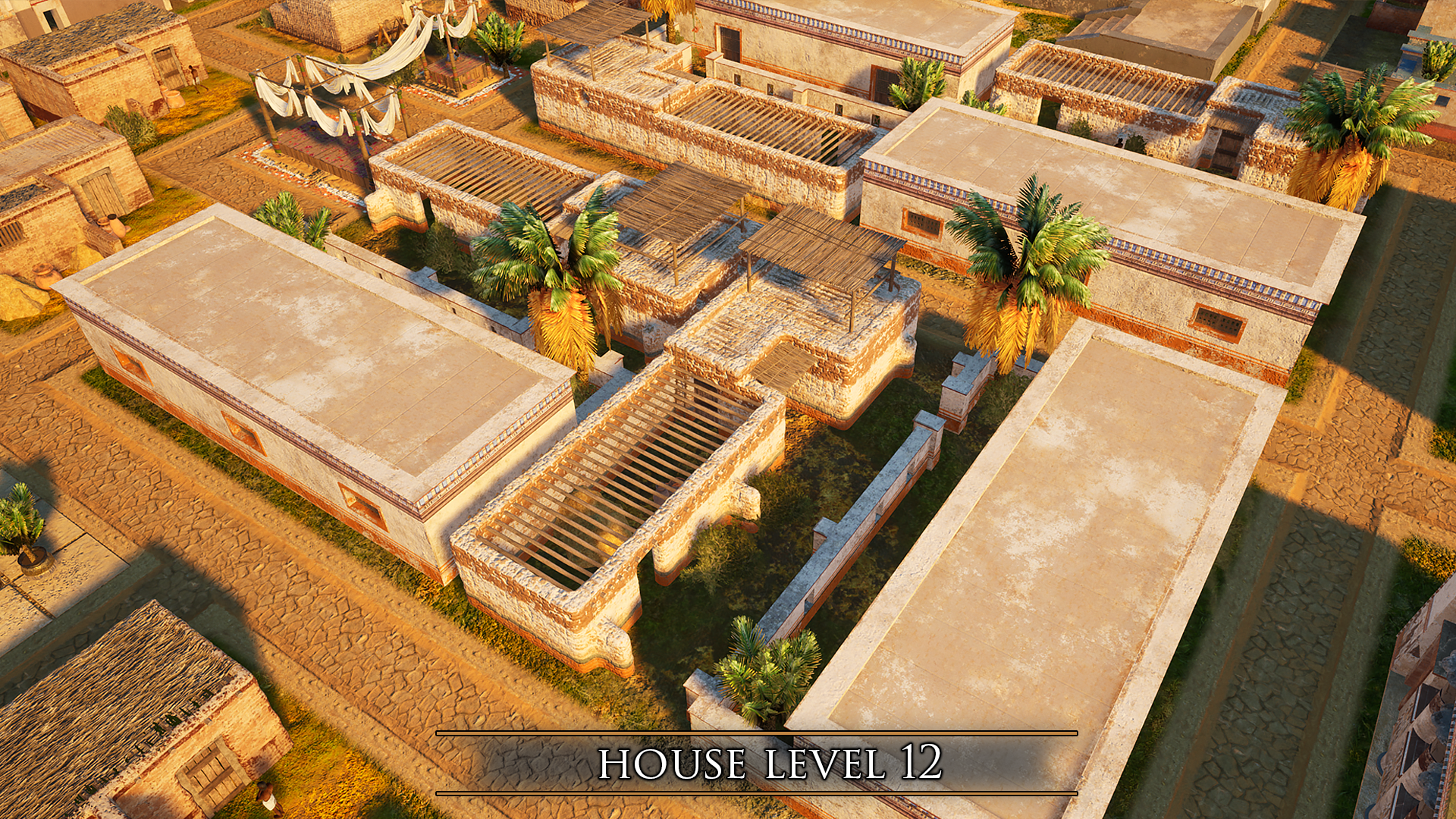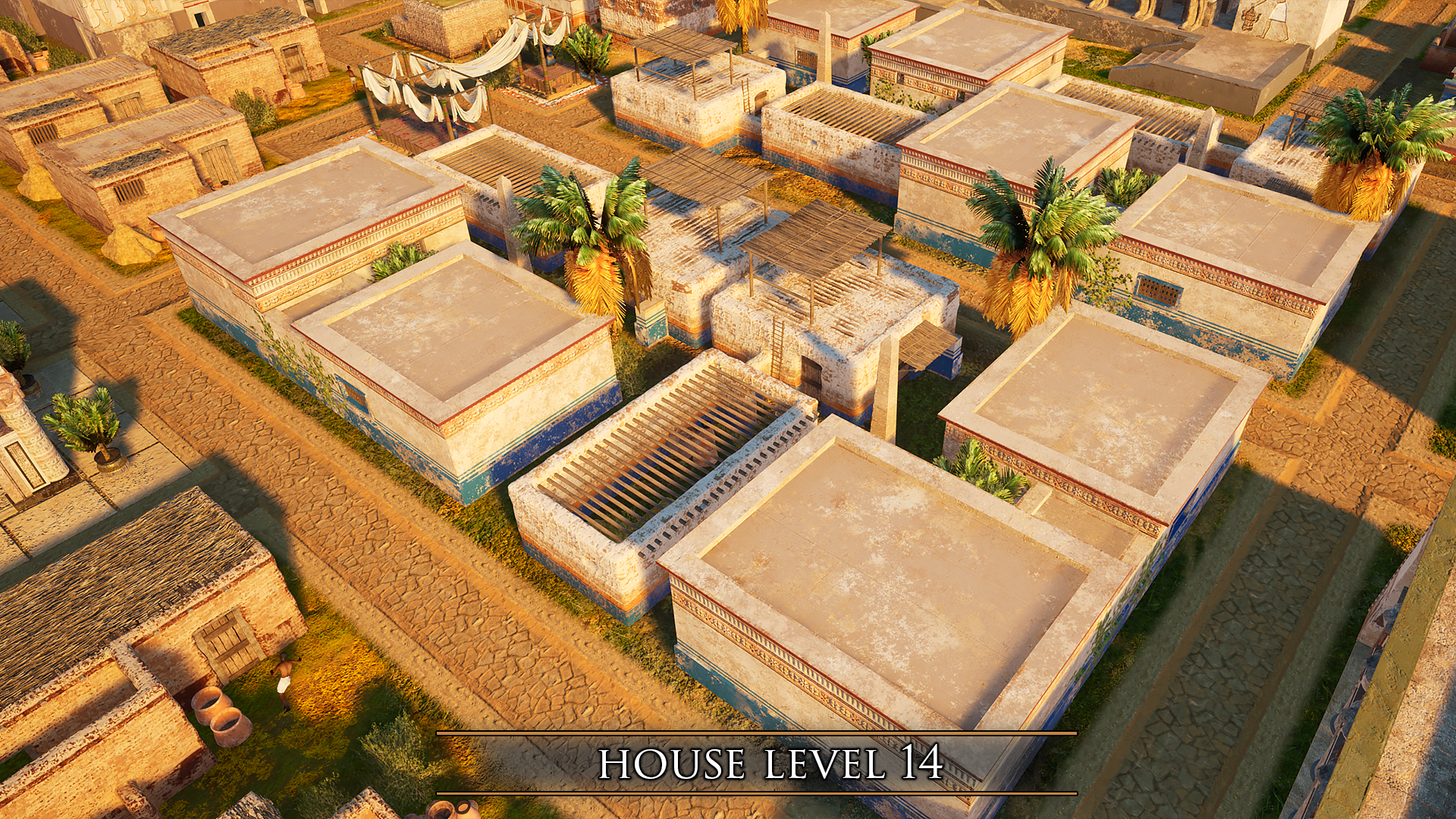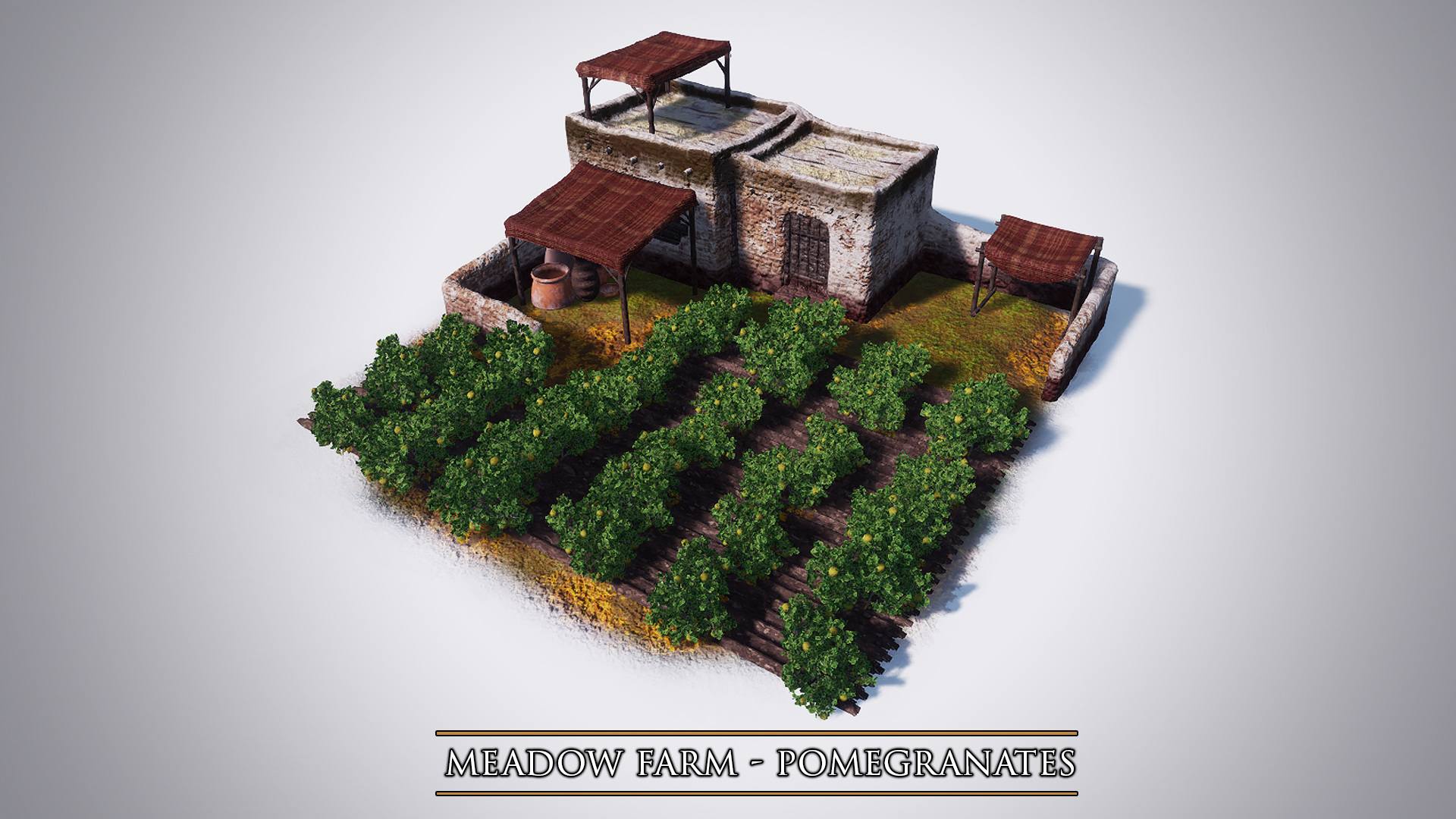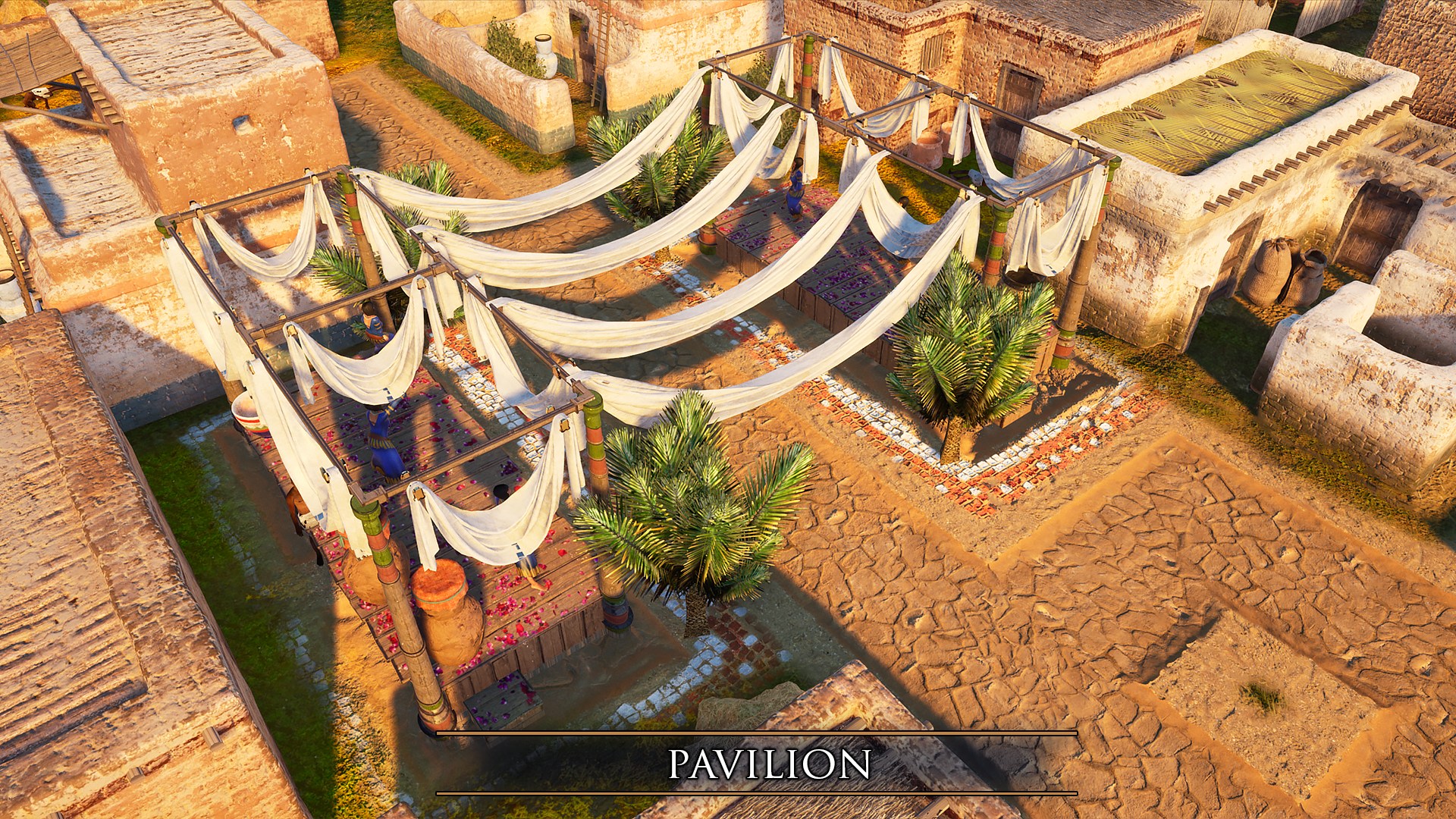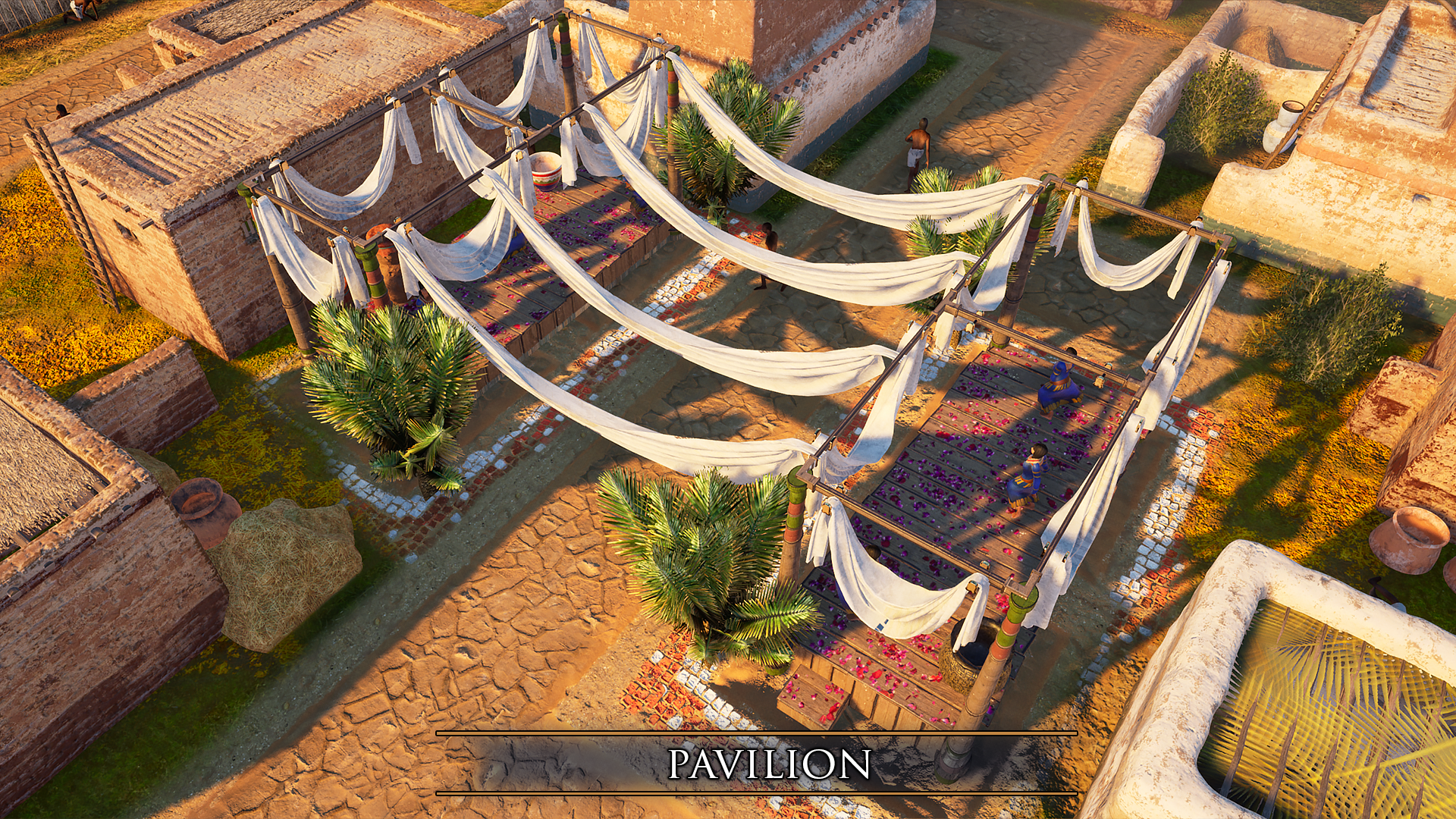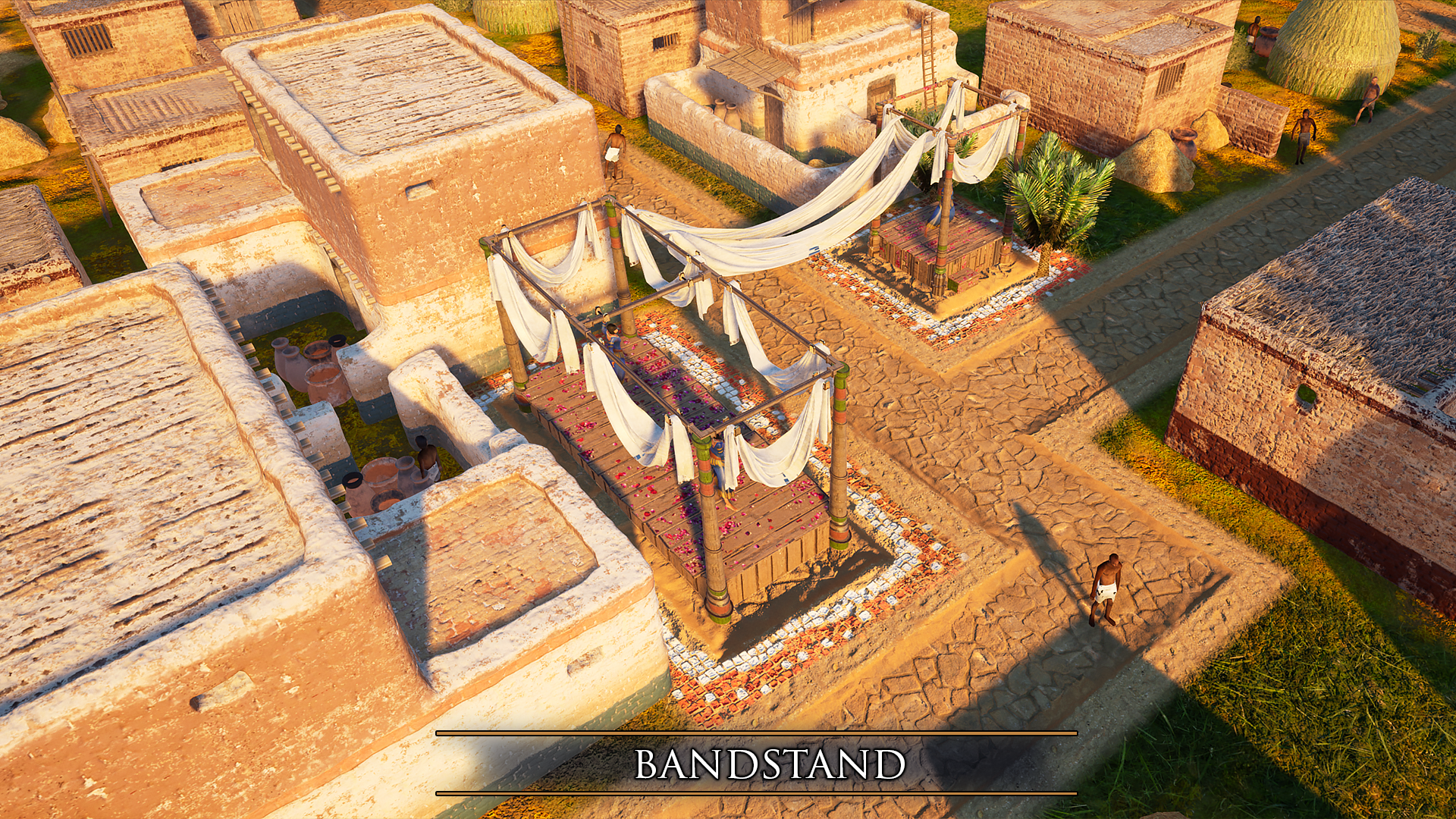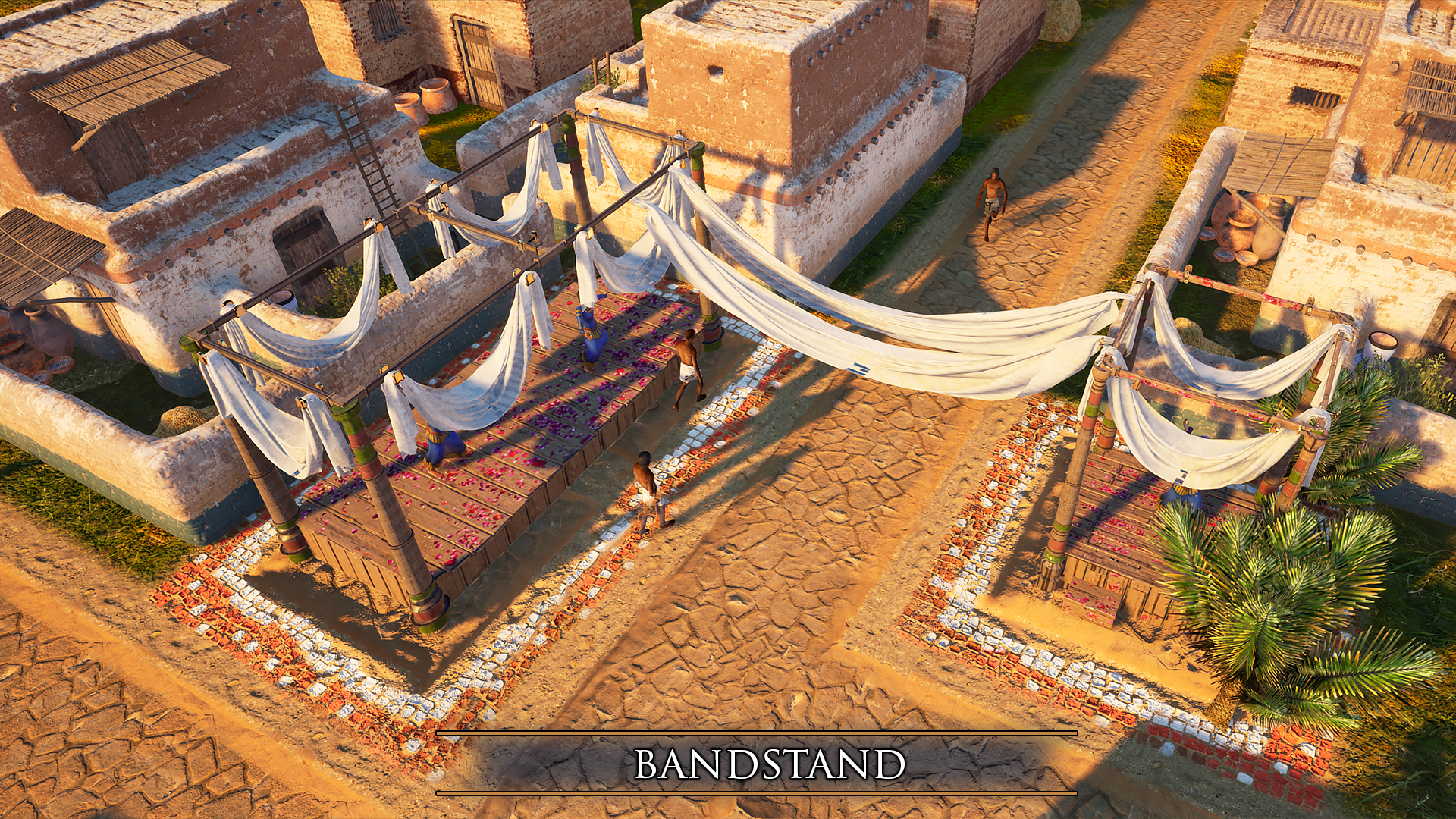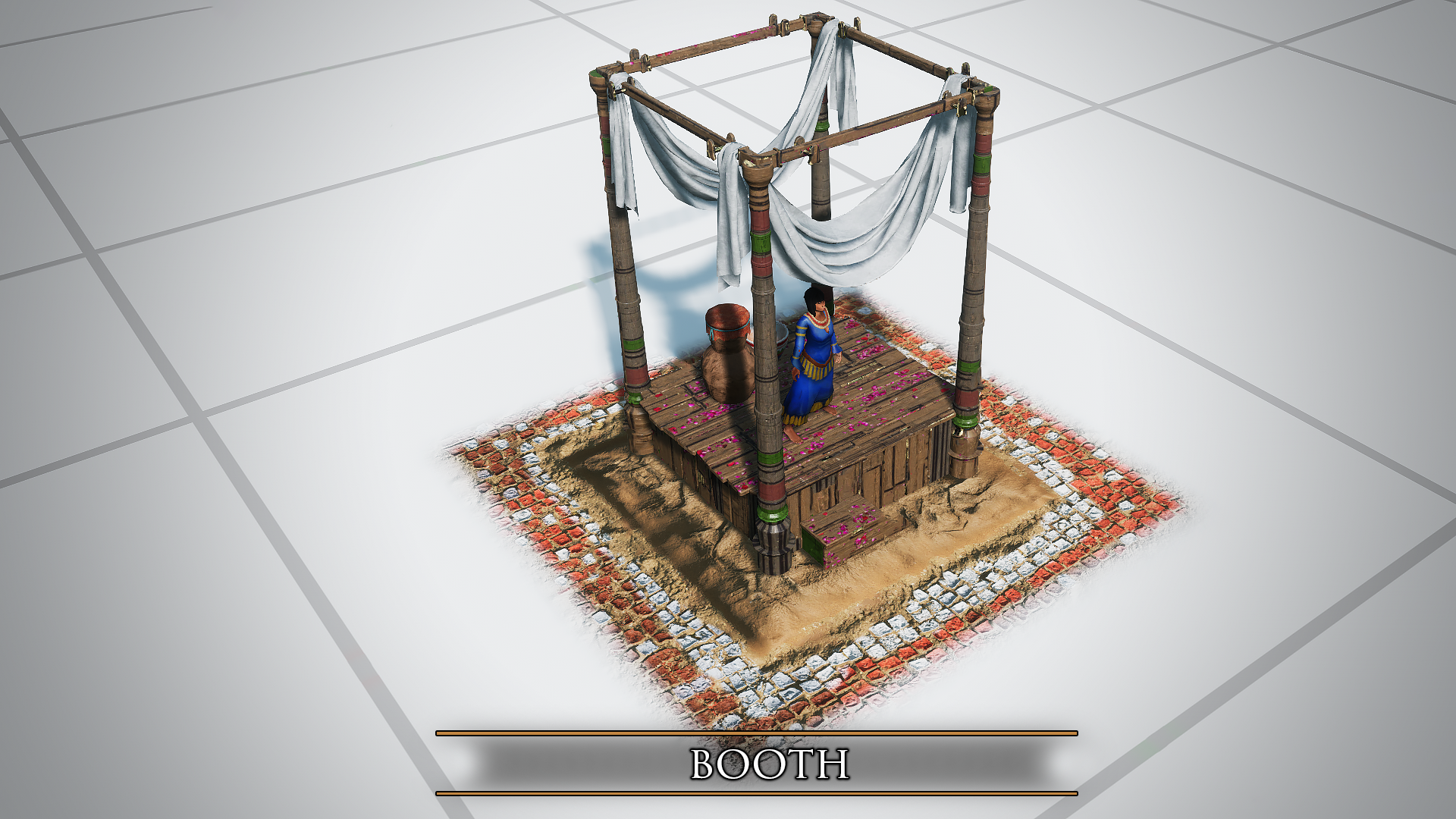
Jan 14, 2022
Builders of Egypt - eien no shikaku 永遠の刺客
The latest news from Ancient Egypt!

Dear All,
Welcome to our weekly Devblog!
tl;dr - as promised, the new, improved Prologue 2 is coming!
This time we would like to share with you some news about the changes that will be implemented in the free version of our game - Builders of Egypt: Prologue. We follow our social networks on a regular basis and often. We read all your comments and very carefully the reviews you give us after playing the current version of the Prologue and we have very good news for you!
A while back we promised to expand Prologue's content, and of course, our plan is still the same. Obviously, we're very focused on working on the final version and this is naturally our top priority right now, but we also want to interest new players and, above all, to inspire those who have already played!
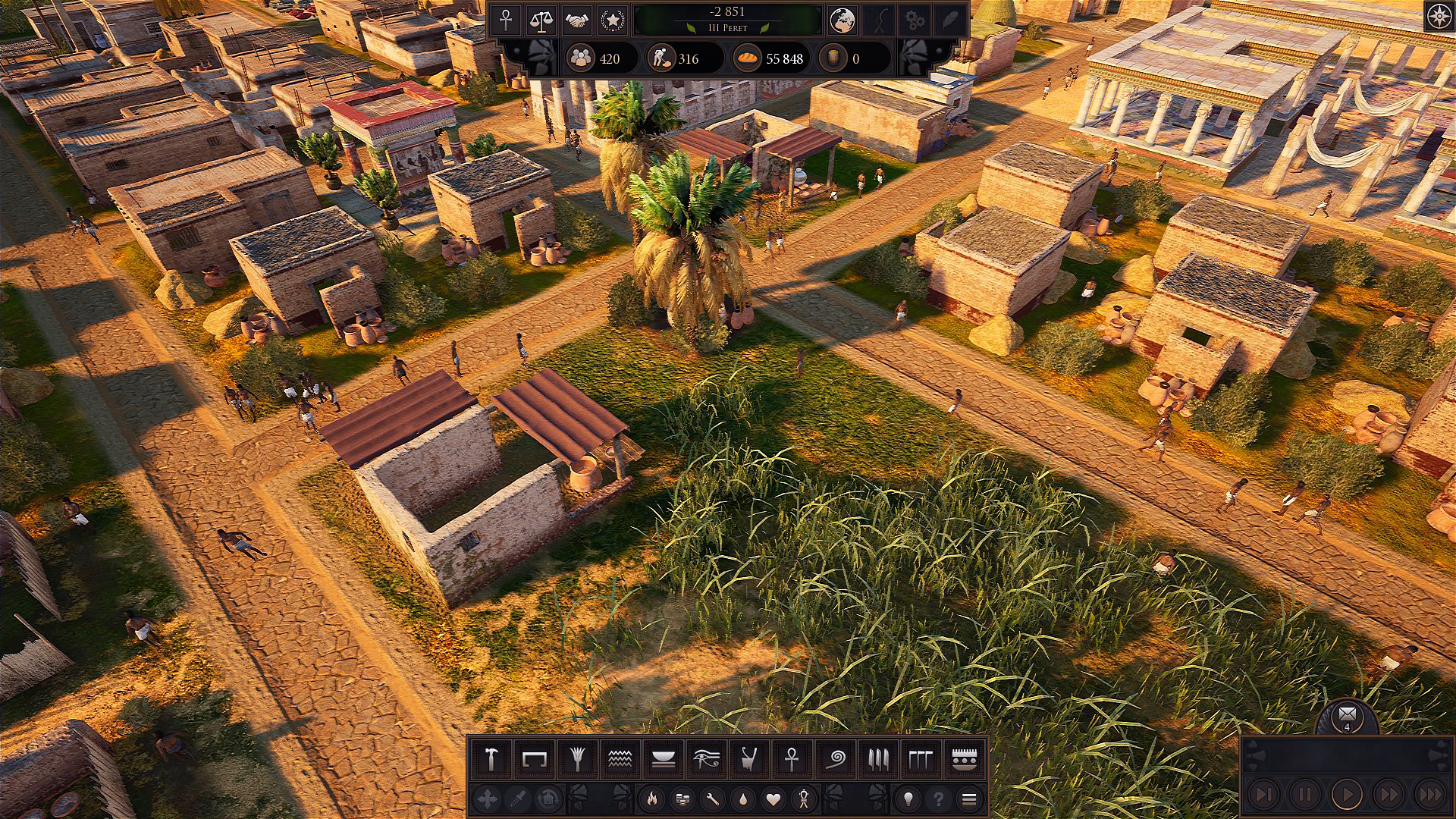
The Prologue's relaunch will take place just before the base game's release. We don't have a specific date yet, but that time is getting closer and closer! What you are probably most interested in at the moment is the content - primarily the improved tutorial. We know many of you have had difficulties with errors in the tutorial - we saw a lot of that in our reviews ;) - and we apologize for that. The new version will certainly be more readable and without reported description bugs. We plan to add new content, which will not be accessible in Playtests and was not available in version 1, and to update the previous one as well.
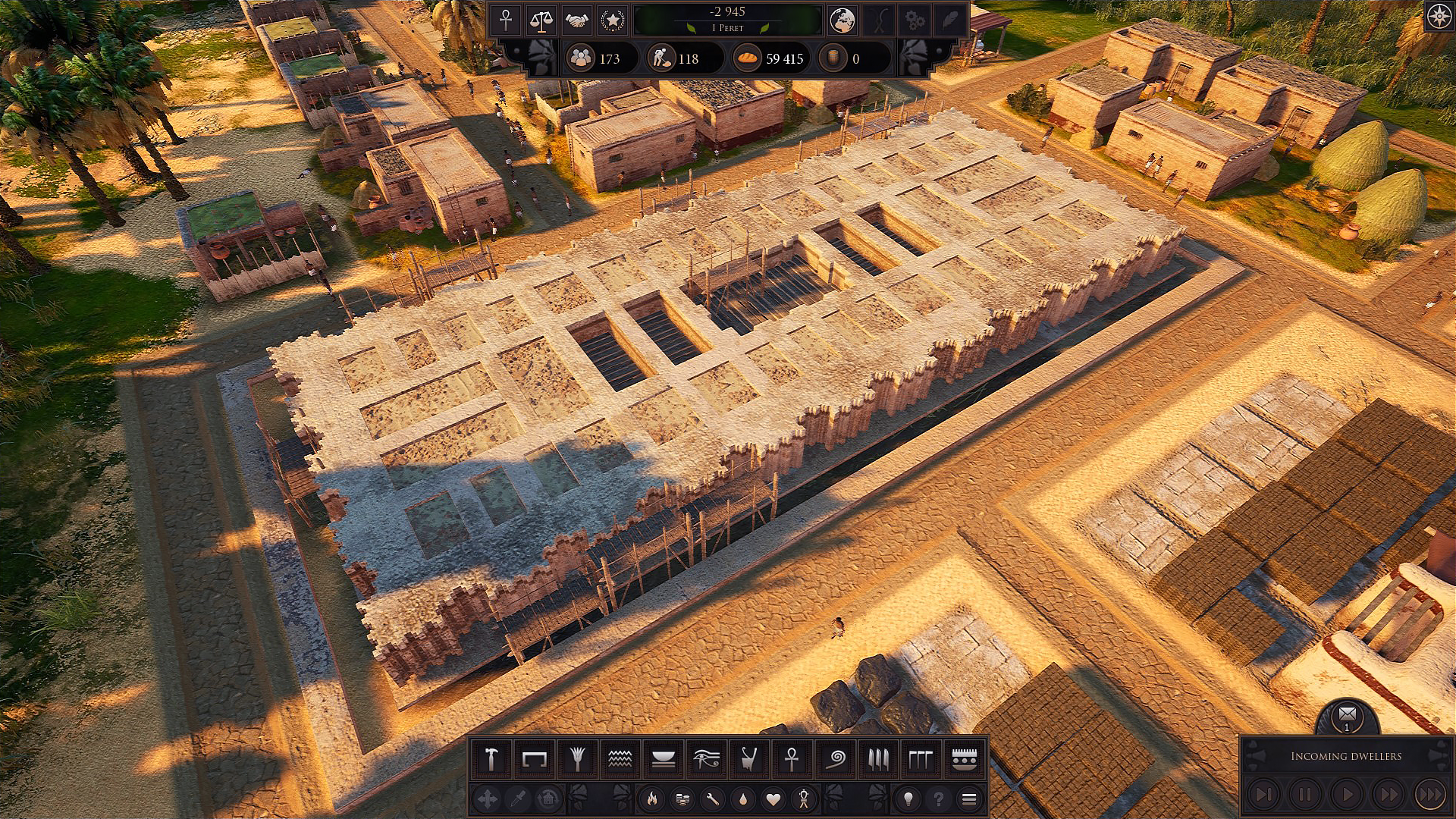
After the premiere of the first Prologue, we've received a lot of feedback and it made us apply many user-friendly changes, gameplay solutions, and most important, players' ideas. We want version 2 to contribute to the improvement of the reviews and that everyone who felt that something was missing could rediscover the charms of Ancient Egypt once again. We also plan to announce in advance the exact missions with a short guide, especially for those for whom the first edition did not meet their expectations. We take very seriously every comment, no matter if it is positive or negative. We also value constructive criticism. With that being said, don't forget to check the news and our blogs. If you have any questions, you can always contact us directly on Steam, Discord, or Reddit. We're here for you! Let us know what do you think about today's new Prologue's content small preview.
As always, we would like to thank everyone who supported us with the first version and we strongly believe that the second one will be even more interesting and challenging! Special thanks to the most persistent who are still with us today and follow our work! Cheers to that and see you next week in our regular Devblog and introduction!
--- Your Team from Strategy Labs ---
*** PS. We aren't sharing link to the new Builders of Egypt: Prologue 2 Store Page due to ongoing site issues which we've reported to Steam and now we're waiting for the Steam Support fixes. As soon as it's resolved we'll let you know!
